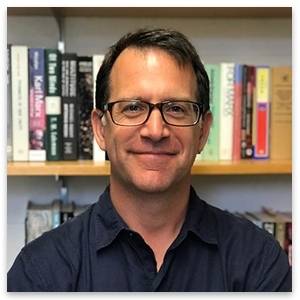Water Courses

Teaching a course related to water?
Faculty, use this online form to tell us about your upcoming course related to water so that we can add you to this page.
Geography
GPY 100 Physical and Environmental Geography
GPY 101 Sustainability and Place (1 credit)
GPY 312 - Urban and Regional Environmental Planning
GPY 345 The Geography and Land Use Management of Michigan and the Great Lakes Area
GPY 356 The Geography, Culture and Land Use Management of Europe
Natural Resources Management
NRM 451 Natural Resource Policy
Hospitality and Tourism Management
History of Science
Latin
Political Science
Public Health
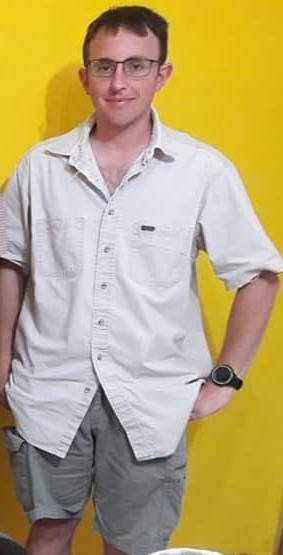
ANT 215: Origins of Civilizations
Sherman Horn III
Visiting Professor
Anthropology
228 Lake Michigan Hall
[email protected]
(616) 331-8211
ANT 215: Origins of Civilizations
Course description
This course examines the development of early civilizations and explores the reasons why complex societies rose and fell across the world.
Water connections it will explore
This course examines how ancient societies used water resources to develop in complexity (e.g., the role of the Nile in ancient Egyptian agriculture and the waterways of Mesopotamia as highways for trade). We also explore changes in water availability due to climatic shifts, such as increased rainfall/flooding or decreased rainfall/drought, and the effects these had on ancient civilizations.
Term or terms course will be offered
Fall 2019, Winter 2020

ANT 340 Culture and Environment
Elizabeth Arnold
Associate Professor
Anthropology
225 Lake Michigan Hall
[email protected]
(616) 331-8936
ANT 340 Culture and Environment
Course description
Compares different adaptive strategies of cultures from around the world and seeks understanding of ethical and social values different groups have related to the environment. Attention is focused on how humans relied on cultural mechanisms in the past to adapt and change their physical and natural environment. Fulfills Cultures - Global Perspectives. Part of the Sustainability Issue.
Water connections it will explore
This class looks at water as a basic human right and a limited resource that will increasingly be the focus of global conflict. The social, environmental, economic and cultural consequences of water privatization, bottled water, fracking, fishing and globalization are all explored.
Term or terms course will be offered
Spring/Summer 2020
Fall 2020
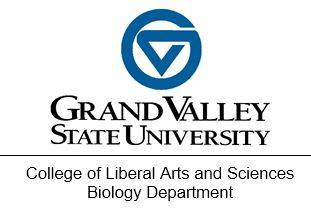
BIO 105 Environmental Science
Biology Faculty
Affiliate, Visiting, and Tenure faculty
Biology Department
3300a KHS
[email protected]
(616) 331-2470
Course description
Study of natural ecosystems, their interrelationships, and human impacts and evolution of humans and environmental determinants of their cultures. Land use, resource and energy utilization, population trends and causative factors, air and water pollution, and economic factors influencing decision-making are emphasized.
Water connections it will explore
The course focuses on the sustainable use of natural resources, which includes a significant section on clean air and clean water. In particular special emphasis is on bio-accumulation which is of particular concern among populations of game fish in Michigan. Changes in the water cycle due to climate change are also described.
Term or terms course will be offered
Summer 2019, Fall 2019, Winter 2020
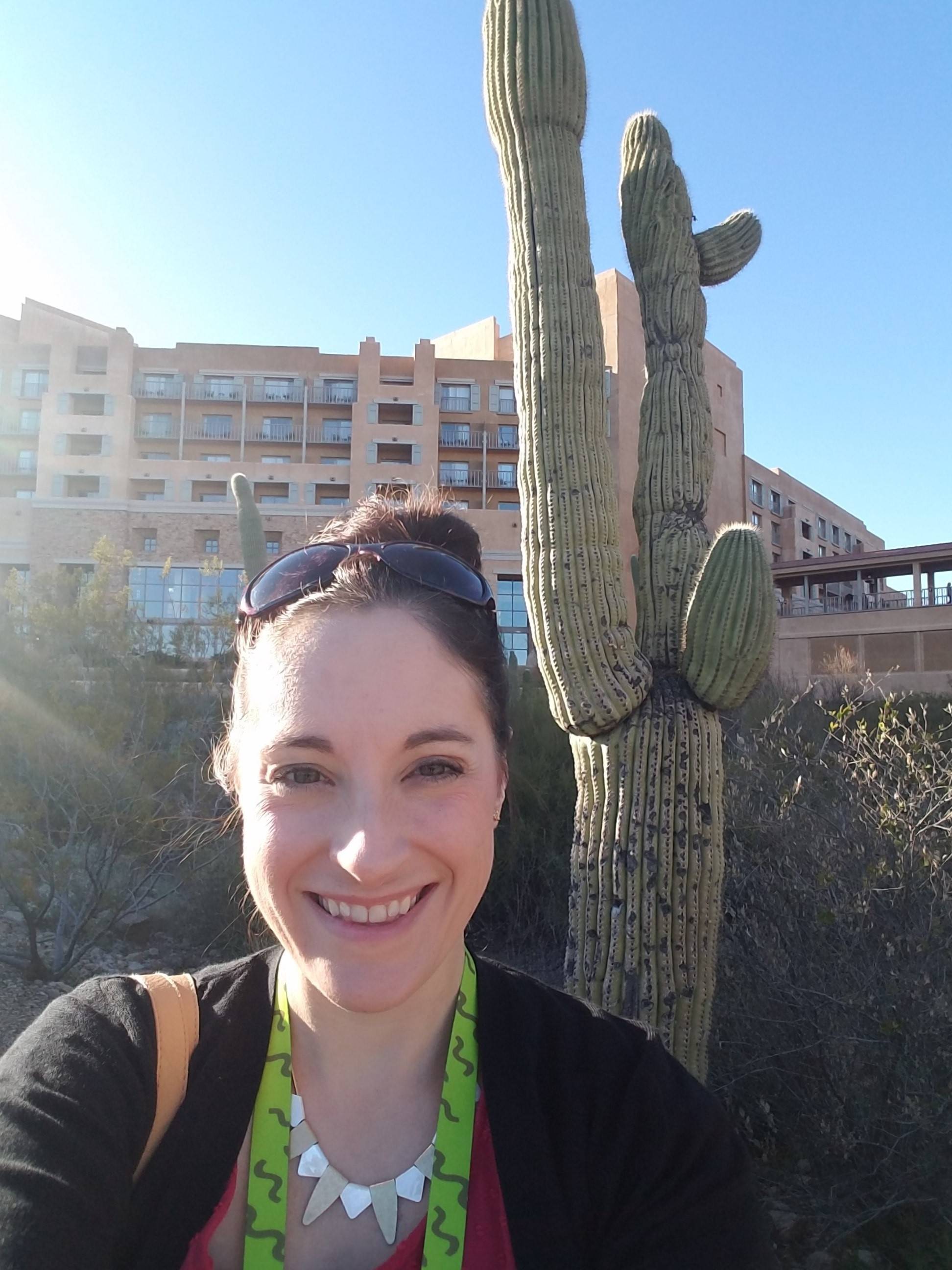
BIO 107 Great Lakes and Other Water Resources
Jennifer Cymbola
Affiliate Professor
Biology Department
2290J KHS
[email protected]
Course description
A study of our region's water resources, A study of our region's water resources, including the Great Lakes, streams, and groundwater, and relationships of people with these systems. Does not count toward a biology major or minor. Fulfills Foundations - Life Sciences with a
lab.
Water connections it will explore
This is an interdisciplinary course focusing on the complex scientific, social, and institutional issues affecting water resources management. Although the class emphasizes the Great Lakes and the Great Lakes Basin, the principles learned in this class are applicable to other watersheds. Students will learn how human usage of the land and water in the Great Lakes Basin for such diverse activities as fishing, recreating, shipping, and discharging wastes has affected the quantity and quality of water in the Great Lakes as well as the habitat for aquatic and terrestrial organisms.
Term or terms course will be offered
Fall 2019
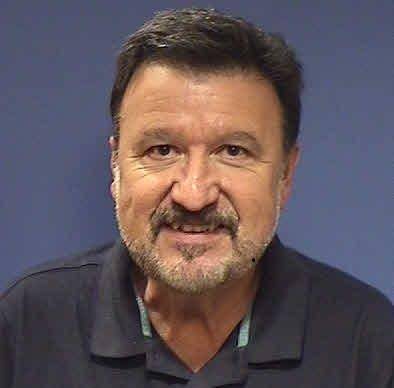
BIO 215 Ecology
James Dunn
Professor
Biology Department
3440j KHS
[email protected]
(616) 331-3439
Course description
Ecologists study how nature functions. Students will explore emergent properties of natural systems at scales ranging from individuals to ecosystems, and study the application of ecological principles to environmental problems caused by global climate change and other anthropogenic disturbances.
Water connections it will explore
We explore the ecological functioning of streams and lakes in both lecture and lab. In lab students investigate the water quality of local rural and urban streams by taking in-stream measurements of environmental factors like oxygen, temperature and flow and biological measurements of the biodiversity of the invertebrates. From these we can calculate the ecological quality of these stream and determine which stream is most impact by human influences.
Term or terms your course will be offered
Summer 2019, Fall 2019, Summer 2020, Fall 2020
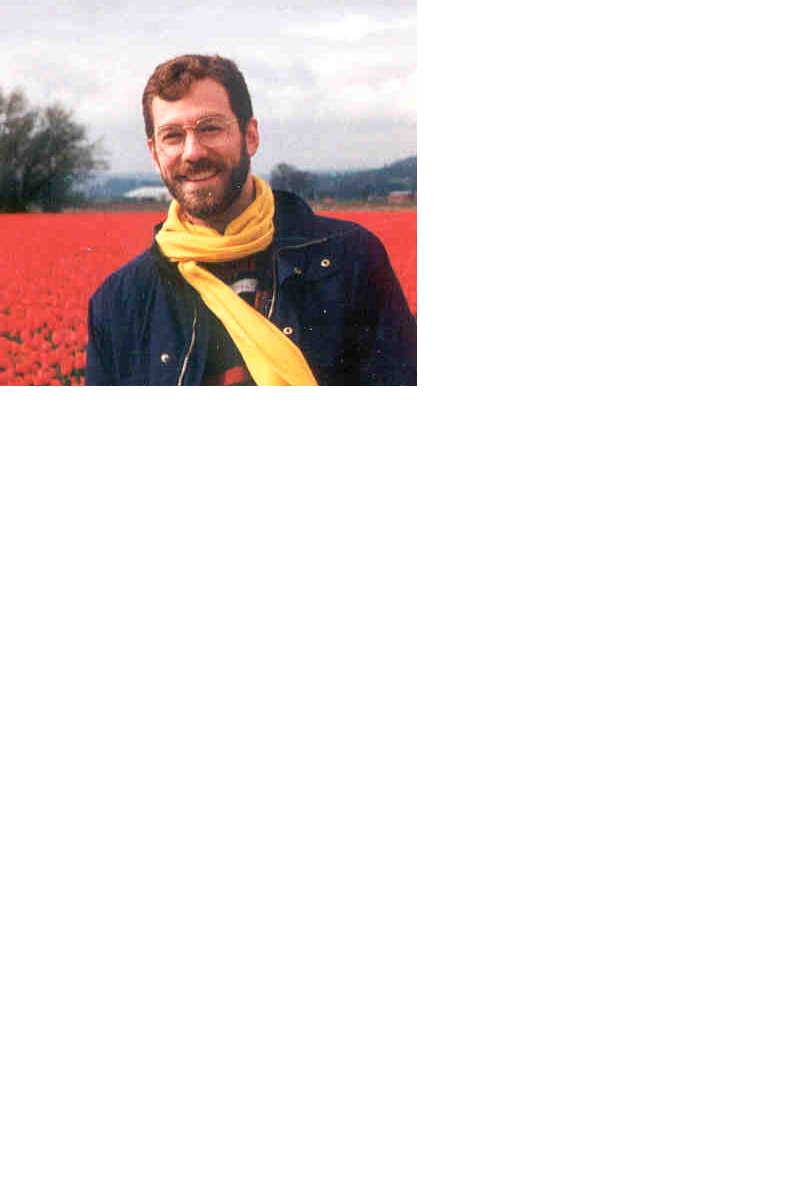
BIO 232 Natural History of Invertebrates
Bruce Ostrow
Professor
Biology Department
3307 Kindschi Hall of Science
[email protected]
(616) 331-8581
Course description
Anatomy, physiology, embryology, evolution, and natural history of the major groups of invertebrate animals. Those of the Great Lakes region will be emphasized. (2-0-3) Offered winter semester. Prerequisite: BIO 121.
Credits: 3
Water connections it will explore
Most animals are aquatic and thus are intimately connected to a watery habitat. BIO 232 explores how invertebrate animals move through water, breathe water, gather food from water, hide in water, achieve water balance, and reproduce and have sex in water.
Term or terms course will be offered
Winter 2020
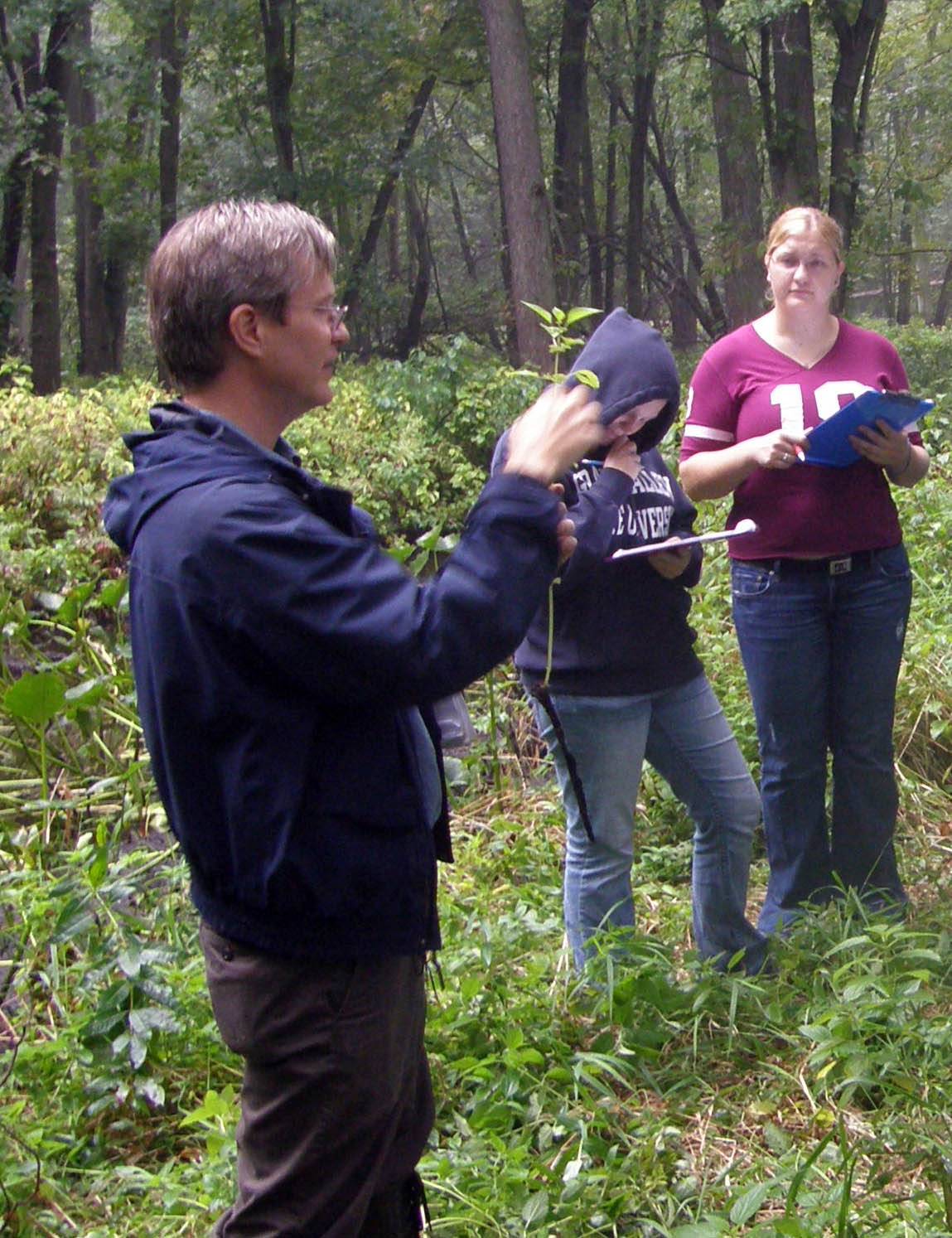
BIO 243 Plant Identification and Natural History
Robert Hollister
Professor
Biology Department
3390k KHS
[email protected]
(616) 331-8582
Course description
Examines the plants of the region with emphasis on identification skills and natural history of the plants and communities in which they occur.
Water connections it will explore
The course focuses on all plants in the spring flora which includes marsh and bog species and the ecology of these habitats. A significant portion of the course focuses specifically on wetlands and adaptions of wetland plants.
Term or terms course will be offered
Summer 2019
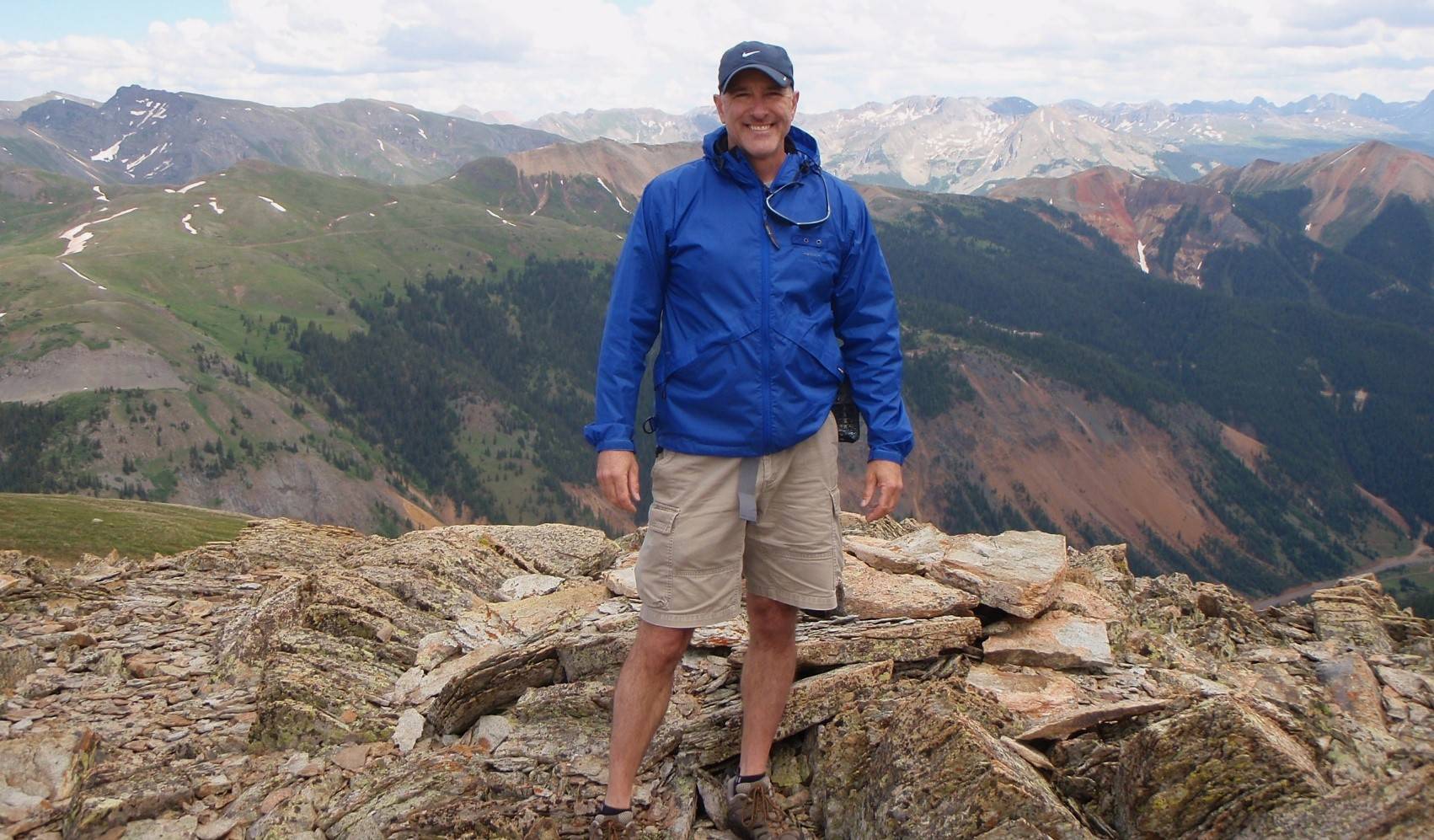
BIO 303 Plant Morphology
Gary Greer
Professor
Biology Department
3319 KHS
[email protected]
(616) 331-2813
Course description
An in-depth study of the morphological evolution of land plants emphasizing key anatomical and reproductive adaptations to the terrestrial environment.
Water connections it will explore
Movement and conservation of water is central to the ability of a plant to grow, fend off herbivores, diseases, and reproduce. Consequently, the evolution of plants and their resulting communities (e.g., forests, prairies, wetlands, deserts, tundra) during the last 500 million years were drivers of the biogeochemical and hydrologic cycles on which terrestrial, aquatic, and marine life, including humanity, now depend. The evolution of plant anatomical traits associated with capture, conduction, and retention of water and their consequences to species distribution, community diversity, agriculture, and response to climate change (past and present) are major foci of this course.
Term or terms course will be offered
Winter 2020
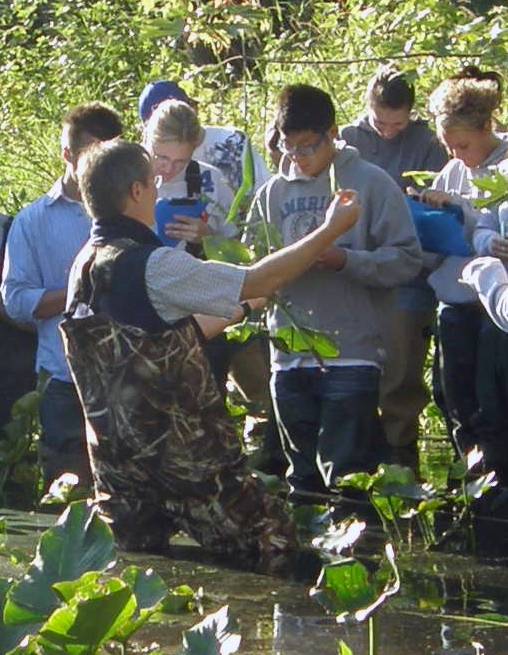
BIO 323 Aquatic Wetland and Plants
Robert Hollister
Professor
Biology Department
3390k KHS
[email protected]
(616) 331-8582
Course description
Examines the plants and algae of the major aquatic habitats of the Great Lakes region with emphasis on taxonomy and ecology.
Water connections it will explore
The course focuses on the plants living in wetlands of West Michigan. The course objectives are to recognize the dominant aquatic plants of the region, describe the function and importance of plant adaptations to aquatic environments, and explain the major characteristics and ecology of local aquatic habitats.
Term or terms course will be offered
Fall 2019
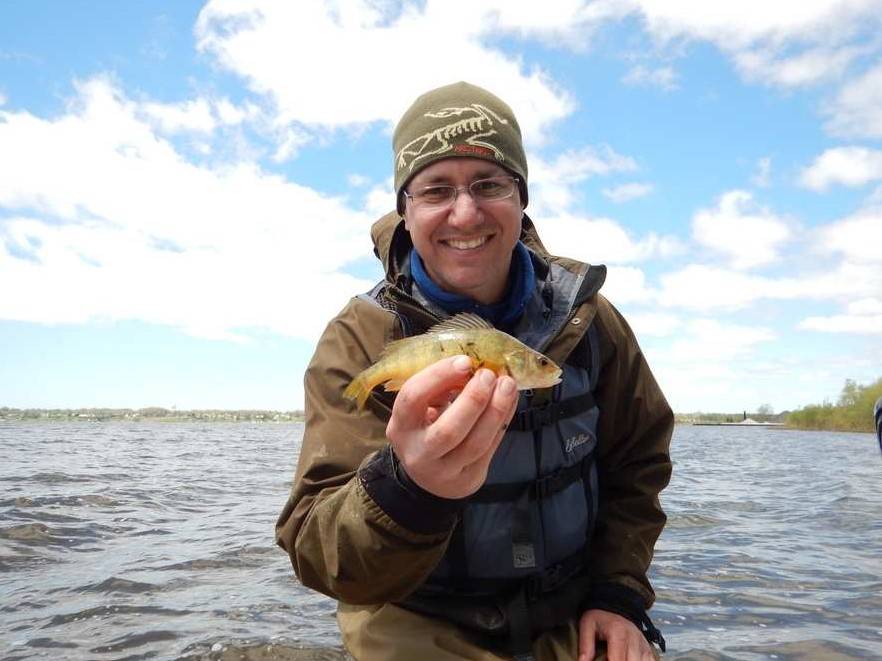
BIO 362 Fisheries Biology
Carl Ruetz
Professor
Robert B. Annis Water Resources Institute
136 Lake Michigan Center (LMC), Muskegon
[email protected]
(616) 331-3946
Course description
This course will provide basic coverage of the diversity and biology of fishes and briefly introduce concepts related to fisheries management.
Water connections it will explore
This course explores the biology of fishes--the most diverse group of vertebrates--as well as their aquatic habitat.
Term or terms course will be offered
Fall 2019

BIO 402 Aquatic Insects
James Dunn
Professor
Biology Department
3440j KHS
[email protected]
(616) 331-3439
Course description
Advanced study of taxonomic diversity and ecology of aquatic insects, with emphasis on the fauna of local lakes and streams. The role of aquatic insects in stream function and bio-assessment will be emphasized. Students will gain expertise in the scientific collection, curation, and identification of aquatic insects.
Water connections it will explore
We explore the importance of stream insects in the ecological functioning of river, lakes and ponds. In lab students learn to identify insects that play and an important role in aquatic ecosystem function and also carrying out an independent field-based research project investigating the role that insects play in the ecology of local streams.
Term or terms course will be offered
Winter 2020
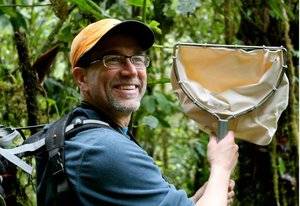
BIO 417/NRM 407 International Field Biology
Eric Snyder
Professor
Biology Department
3390e KHS
[email protected]
(616) 331-2417
Course description
One to three week trips to international locations to study the fauna, flora, ecology of representative ecosystems, climate, geology, paleobiology, environmental problems, and/or human impacts upon the previously listed. The field-based experience is combined with readings, lectures, papers, and discussions.
Water connections it will explore
Ecology and conservation biology of the Ecuadorian cloud forest. Students spend two weeks studying water quality in headwater mountain streams as well as the impacts of rainbow trout farming, and the infrastructure and tools used to supply clean drinking water to the capital city, Quito, located in the desert rain shadow of the Andes Mountains.
Term or terms course will be offered
Summer 2019
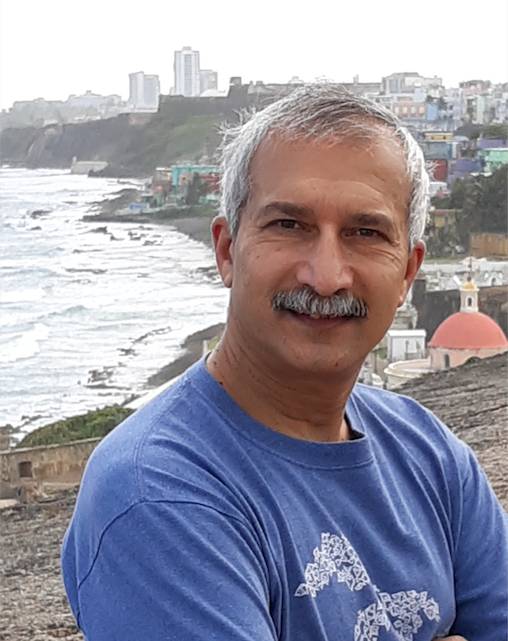
BIO/WAT 530 Advanced Aquatic Ecology
Bopi Biddanda
Professor
Robert B. Annis Water Resources Institute
226 LMC
[email protected]
(616) 331-3978
Course description
Understanding the dynamic and vital role of aquatic ecosystems in the biosphere requires knowledge of processes occurring in aquatic ecosystems. This lecture-discussion course - with special emphasis on freshwater resources - will serve as a forum for learning about recent advances in life and its interactions in Earth's aquatic ecosystems
Water connections it will explore
The course is entirely concerned with enhancing student understanding of life in our natural waters.
Term or terms course will be offered
Fall 2019

BMS 433: Medical Parasitology
Doug Graham
Professor
Biomedical Sciences
315 Henry Hall
[email protected]
(616) 331-2819
BMS 433: Medical Parasitology
Course description
Parasitology is the study of parasites, their hosts, and the relationship between them.
I present the various themes in this course from a decidedly evolutionary perspective. This makes it possible to appreciate how parasites link together such disparate topics as immunology and mate choice, virulence and transmission mode, or predation and the evolution of parasite life cycles, to name a few. We also touch on the role of human activity in the spread of parasitic diseases (e.g. religious practices, urbanization, wars), and even look at how parasites can be used for the treatment of certain medical conditions.
Water connections it will explore
Parasitic diseases have shaped the arc of human affairs for millennia, and in most cases water is a significant part of the equation. Many human parasites are aquatic, and transmitted via ingestion of contaminated drinking supplies: Giardia, Cryptosporidium, Amoeba, Guinea worm (and a host of viruses, the quintessential parasites). Many blood-feeding vectors, e.g. mosquitoes, have an aquatic life cycle stage, so diseases like malaria, west Nile encephalitis, dengue fever, and lymphatic filariasis are inextricably linked to water.
Term or terms course will be offered
Fall 2019

BMS 523 Epidemiology
Doug Graham
Professor
Biomedical Sciences
315 Henry Hall
(616) 331-2819
BMS 523
Course description
Epidemiology is defined as the study of the distribution and determinants of health-related states or events in human populations, and the application of this study to the prevention and control of health problems. This course provides a broad introduction to the discipline (with an emphasis on infectious disease related topics) by way of lectures, case studies, discussion of current research, and statistical analysis of data sets.
Water connections it will explore
Many public health problems can be traced to contaminated water, e.g. cholera, typhoid, dysentery, norovirus. Classical epidemiological approaches applied to outbreak investigations can often pinpoint the cause/source of contamination, and serve to mitigate future occurrences. Results from such studies can also inform public health policy.
Term or terms course will be offered
Fall 2019
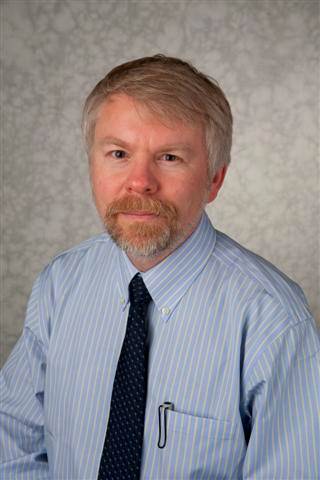
CHM 102: Chemistry and Society
George McBane
Professor
Chemistry Department
B-4-229 MAK
[email protected]
(616) 331-2495
CHM 102: Chemistry and Society
Course description
Roughly half the course content is fundamental chemical theory, both qualitative and quantitative. The remaining half addresses important societal impacts of chemistry. The topics will include energy production, nutrition and agriculture, consumer products, chemical processes in clean and polluted
environments, and others chosen in response to student interest.
Water connections it will explore
Topics will include the Flint water crisis, the current PFAS concerns, and the role of water in all phases in various aspects of climate change (energy generation, sea level rise, greenhouse effect, ocean temperature buffering, ocean acidification).
Term or terms course will be offered
Fall 2019
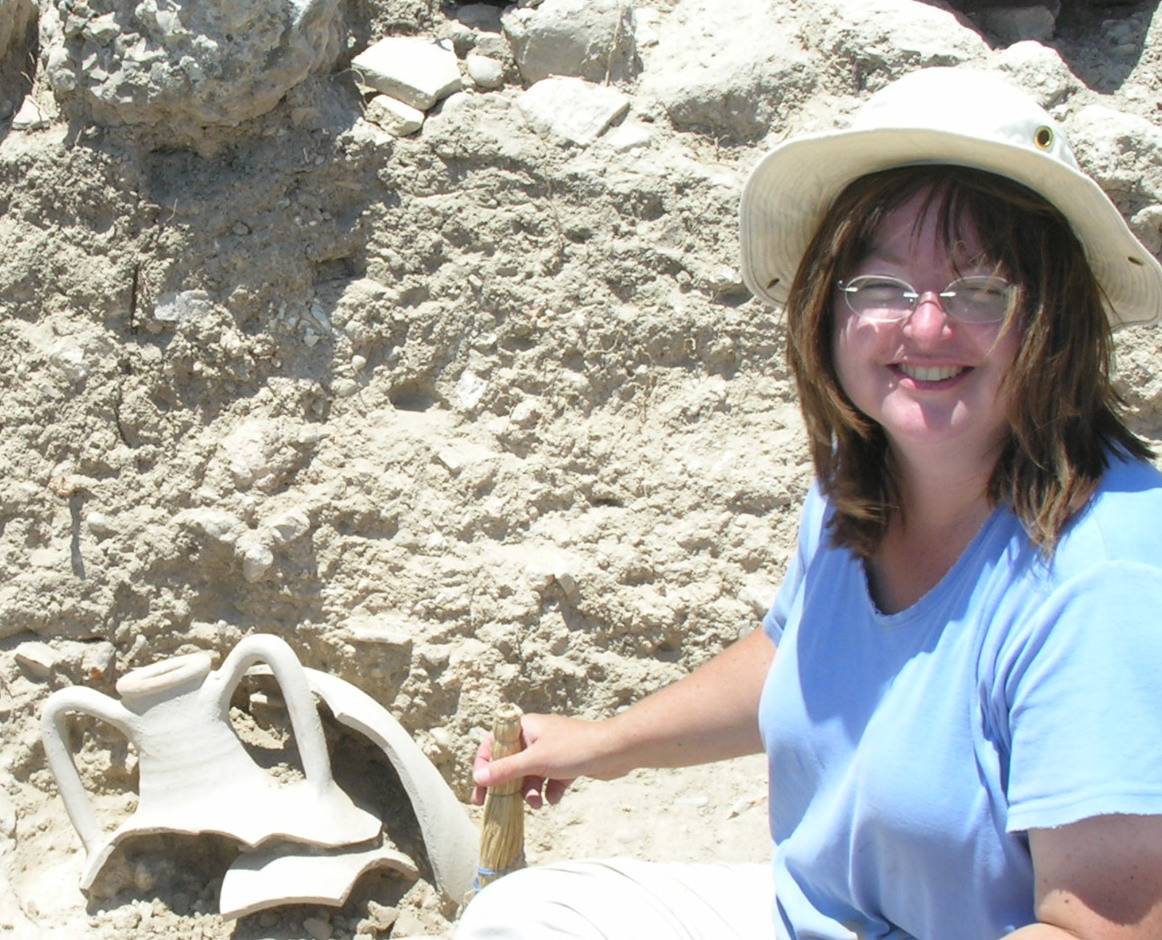
CLA 250: Classical Art and Archaeology
Melissa Morison
Associate Professor
Classics Department
265 Lake Huron Hall
[email protected]
(616) 331-3231
Course description
Survey of the art and archaeology of the classical world from the Bronze Age through the dissolution of the Roman Empire. Emphasis on the development of the characteristic forms of classical art and the techniques of classical archaeology that have revealed them. Fulfills Foundations - Arts.
Water connections it will explore
This course explores the interaction between the ancient Greeks, the Romans, and the Mediterranean Sea, around which their cultures were based. We will consider artistic representations of marine landscapes, ancient aqueducts, fountains, baths, and other public monuments that connect with water.
Term or terms course will be offered
Fall 2019, Winter 2020
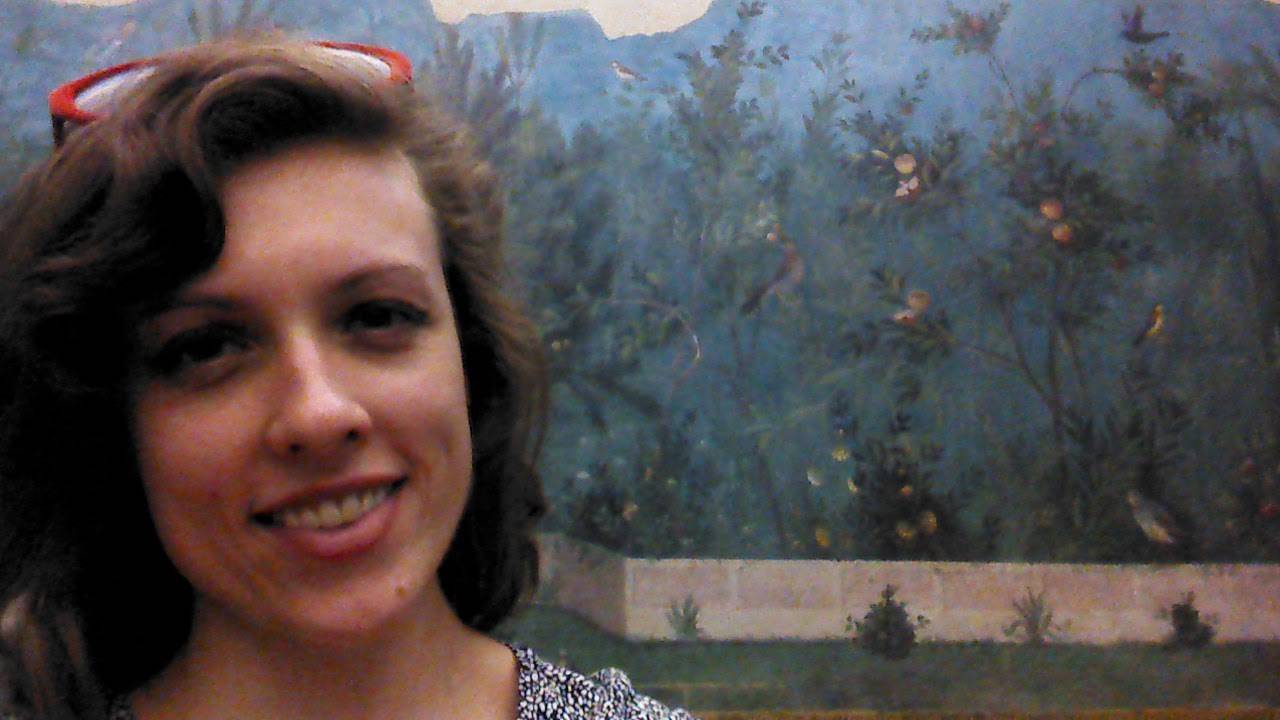
CLA 280: Medicine and Science Antiquity
Quinn Griffin
Assistant Professor
Classics Department
LHH 260
[email protected]
614-519-5868
Course description
What counts as a 'good' explanation of natural phenomena? What is the relationship between the body, the natural world and the gods? These questions occupied the greatest scientific and medical minds of the ancient world. Students will address these questions by responding to primary sources such as the Presocratic philosophers, Hippocrates, Aristotle and beyond, through assignments that cultivate both written and oral communication skills.
Water connections it will explore
How did ancient thinkers explain the relationship between the body and water? How did conceptual models such as the Four Humors use water as a way to think about human health and disease? We will explore these questions and others throughout the course.
Term or terms course will be offered
Winter 2020

DAN 251 Modern Dance Technique
Hannah Seidel
Assistant Professor
Dance Program
1605 PAC
(616) 331-3487
DAN 251
Course description
Sequential training in classical and postmodern dance techniques with an emphasis on breath, coordination, flexibility, movement dynamics, and musicality.
Water connections it will explore
The aesthetic qualities of water can translate into dynamic movement possibilities. A unit within this course will play with the flow, power, and vulnerability of water.
Term or terms course will be offered
Fall 2019

DAN 311 Modern Dance Technique
Hannah Seidel
Assistant Professor
Dance Program
1605 PAC
(616) 331-3487
DAN 311
Course description
Advanced study and investigation of choreography. Course will focus on developing choreographic principles, devices and inspirations through structured exercises in human movement. Technical theatre production practices that enhance and further develop choreographic ideas will also be studied
Water connections it will explore
Each student in this course will conceive and create a multimedia dance work using water as a theme as well as a prop/presence in the work.
Term or terms course will be offered
Fall 2019, Fall 2020

DAN 351 Modern Dance Technique
Hannah Seidel
Assistant Professor
Dance Program
1605 PAC
(616) 331-3487
DAN 351
Course description
Sequential training in classical and postmodern dance techniques with an emphasis on breath, coordination, flexibility, movement dynamics, and musicality.
Water connections it will explore
The aesthetic qualities of water can translate into dynamic movement possibilities. A unit within this course will play with the flow, power, and vulnerability of water.
Term or terms course will be offered
Winter 2020

DAN 451: Modern Dance Technique
Hannah Seidel
Assistant Professor
Dance Program
1605 PAC
[email protected]
(616) 331-3487
DAN 451: Modern Dance Technique
Course description
Sequential training in classical and postmodern dance techniques with an emphasis on breath, coordination, flexibility, movement dynamics, and musicality.
Water connections it will explore
The aesthetic qualities of water can translate into dynamic movement possibilities. A unit within this course will play with the flow, power, and vulnerability of water, culminating in a showing of classwork during the Big Splash week on Friday, September 20.
Term or terms course will be offered
Fall 2019
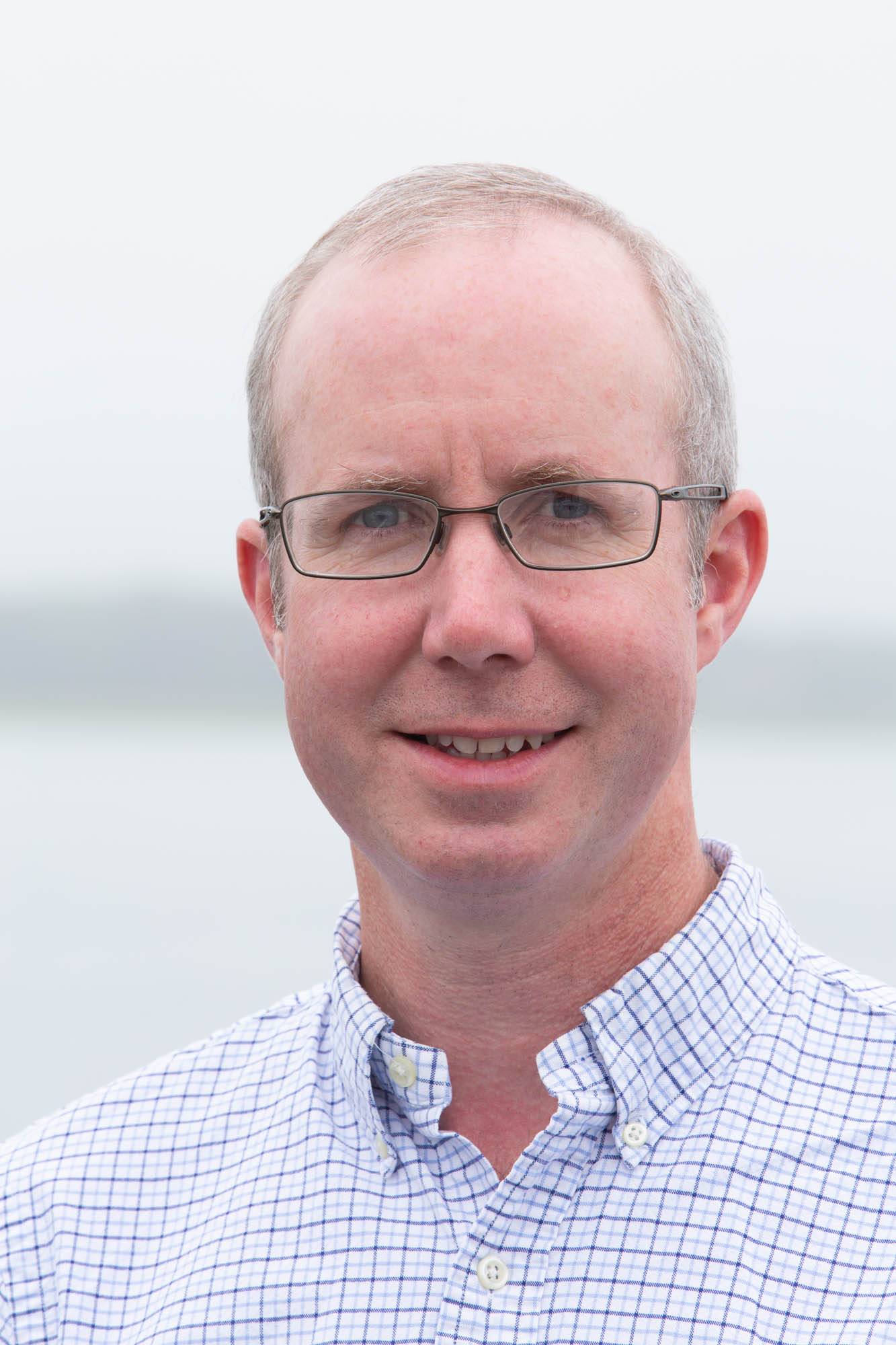
ECO 345 Environmental & Resource Economics
Erik Nordman
Associate Professor
Biology Department
2200L Kindschi Hall
[email protected]
(616) 331-8705
Course description
Develops a systematic economic framework to analyze market and government allocations of natural and environmental
resources. Topics include relationships between population growth, land development, and environmental quality; regulatory
versus market oriented environmental policies; supplies and prices of mineral and energy resources; harvest and protection of forests and fisheries.
Water connections it will explore
Explores the economics of water in several ways. First, it introduces students to the economic value of water as a natural resource for drinking and recreation. Second, it introduces students to economic costs of water pollution.
Term or terms course will be offered
Spring 2019, Fall 2019, Winter 2020
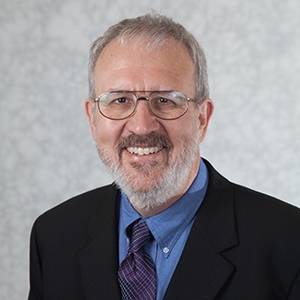
EGR 406 Renewable Energy Systems - Structure Policy and Analysis
Charles Standridge
Professor
Engineering, School of
618 Eberhard Center
[email protected]
(616) 331-6759
Course description
A survey of the technological as well as economic, societal, and public policy issues associated with renewable energy systems. Topics include generation using renewable resources such as solar, wind, hydropower, and biomass, as well as advanced energy storage systems and distribution. Energy research and analysis techniques are introduced. Fulfills Cultures - Global Perspectives. Part of the Sustainability Issue. Prerequisites: Junior standing and (STA 215 or STA 220 or STA 312).
Water connections it will explore
The course includes an examination of water-based energy generation including water-based wind turbines, hydro-electric dams, and tidal power. The Lake Michigan wind assessment project is reviewed in detail. (https://scholarworks.gvsu.edu/wind/)
The use of water-based electricity generation to address energy poverty particularly in rural areas around the world is explored.
Public policy issues relating to water-based power sources are discussed.
Term or terms course will be offered
Spring 2019 (Hybrid), Winter 2020
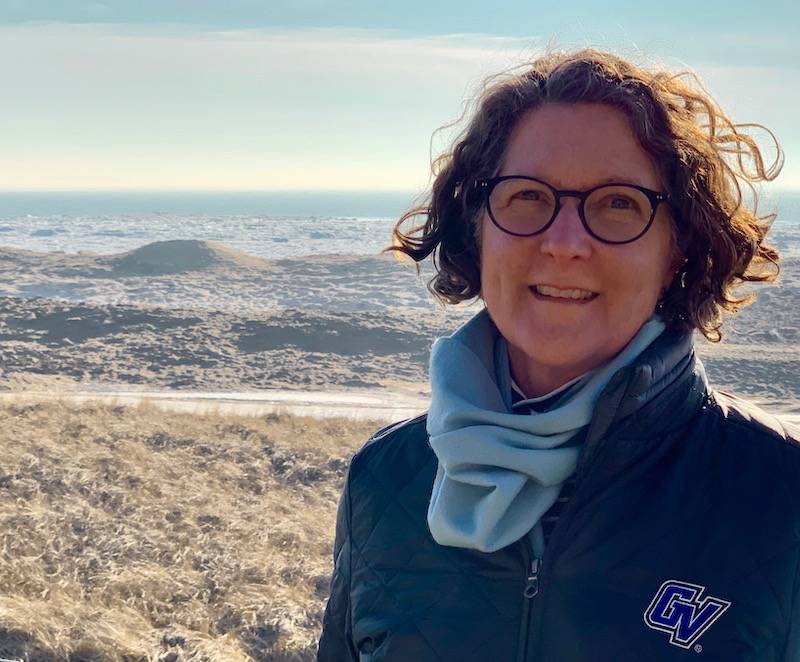
ENG 362 History of the English Language
Kathryn Remlinger
Professor
English
243 Lake Huron Hall
[email protected]
(616) 402-8062
Course description
What is English and how has it come to be the language it is today? This is the big question that we will answer. Throughout the semester you will come to deeply understand the remarkable history of the English language, a language that developed from a little-known West Germanic dialect spoken on an island off the coast of Western Europe into an international language of thousands of distinct varieties spoken by nearly 20% of the Earth's population! Required prerequisite: ENG 261
Describe the water connections it will explore
We'll study the history of water-related words, metaphors, and slang and how these mirror social change and ideologies: "Water", one of the oldest English words, demonstrates its role as a vital life-source. "River," borrowed from French (1200s), is the basis of slang, including "up the river," meaning 'in prison' (1891), in reference to Sing Sing, which was "up the river" from New York City. "Down the river," meaning 'done for, finished' is related to "sell down the river" (1851) and described the sale of slaves from the Upper South to harsher cotton plantations of the Deep South ("river" etymonline.com).
Term or terms course will be offered
Fall 2019

ENG 364 Sociolinguistics
Kathryn Remlinger
Professor
English
243 Lake Huron Hall
[email protected]
(616) 331-3122
Course description
Sociolinguistics is based on the idea that language varies and changes according to social factors like age, gender, ethnicity, region, and socioeconomic-class. In short, language is a mirror of society. The course will provide you the opportunity to deeply understand how language not only reflects but also affects our social world. We will consider a variety of questions: why and how does language vary and change? What are the social meanings of language, such as /r/ after vowels, and how do these meanings emerge and change over time? How do we perform our identities with language? Required prerequisite: ENG 261
Water connections it will explore
Fluidity is useful when thinking about language variation and change. In fact, wave theory is one model that figuratively represents how language varies over time and space by explaining how linguistic features spread from where they originate to other areas, gradually expanding like ripples in a pond.
Term or terms course will be offered
Fall 2019
[1556557261].jpg)
ENG 388 Emigration and Immigration in Contemporary World Literature
David Alvarez
Professor
English
214 Lake Huron Hall
[email protected]
(616) 334-7893
Course description
This course examines how different kinds of emigration and immigration - from formerly colonized regions to the developed countries of the West and between formerly colonized countries--are depicted in 20th and 21st century World Literature.
Water connections it will explore
The course will mostly focus on unauthorized migration, much of which takes place by sea, especially across the Mediterranean, between West Africa and the Canary Islands, and between the Comoros Islands and the French Indian Ocean territory of Mayotte. The will feature texts that depict seaborne migration alongside texts that depict migration by land.
Term or terms course will be offered
Fall 2019

ENG 380 Refugee Literature
Patricia Bloem
Professor
English
2111 Lake Huron Hall
[email protected]
(616) 994-2038
Course description
While the literature of refugees is marked by journeys of alienation, loss, and struggle for safety, it's also known for amazing storytelling. This course will be bundled with another 3 credit- course, the English as a Second Language Practicum, ENG 469, which will be taught by my colleague, Laura Vander Broek. The Practicum provides GVSU students with hands-on pedagogical learning and teaching of English to local refugees and immigrants. Given the pairing of ESL with Refugee Literature, our 6 credits of coursework will be a powerful experience for students interested in refugee issues.
Water connections it will explore
ENG 380, or Refugee Literature, will invite students to read the powerful storytelling by and about refugees and immigrants from all parts of the globe. This literature, both fiction and nonfiction, leads us quickly to water, specifically how water has been instrumental in helping or sabotaging thousands of displaced people who are attempting to reach safe spaces. In the course we will consider both specific bodies of water and metaphoric conceptualizations of water.
Term or terms your course will be offered
Fall 2019
ENG 382 Literature and the Environment
Brian Deyo
Assistant Professor
Department of English
168 Lake Huron Hall
(616) 331-3388
[email protected]
Course description
Focuses on literature that engages with the relationship between human beings and the natural world. Includes literary non-fiction, nature poetry, environmental fiction and other forms of literature that illuminate both human and non-human nature. Attention is also given to the effects and consequences of human and non-human interaction.
Water connections it will explore
This special version of ENG 382 will broadly consider human relations with and attitudes toward the nonhuman world as they are represented in literary texts of various genres, including poetry, fiction, and creative non-fiction. In particular, we will focus on literary texts that center on a range of issues directly or indirectly related to the theme of "water": e.g., the presence of agrotoxins in drinking water; climate change; drought; sea-level rise; human migration.
Term course will be offered
Fall 2019

ENG 392 Language and Power
Kathryn Remlinger
Professor
English
243 Lake Huron Hall
[email protected]
(616) 331-3122
Course description
How does language intersect and connect with power? This is the big question that we will answer this semester. To answer this question, we will take a critical linguistic approach. We will investigate how language is both a tool and a weapon that shapes our values, beliefs, and attitudes. Through our study, we will develop awareness about the ideological links between language and power and how these ideologies are represented in our everyday lives and in a range of media.
Water connections it will explore
This course will explore how language and power shape discourses surrounding water and tourism, health, the environment, immigration, climate change, and human rights, among other topics.
Term or terms course will be offered
Winter 2020
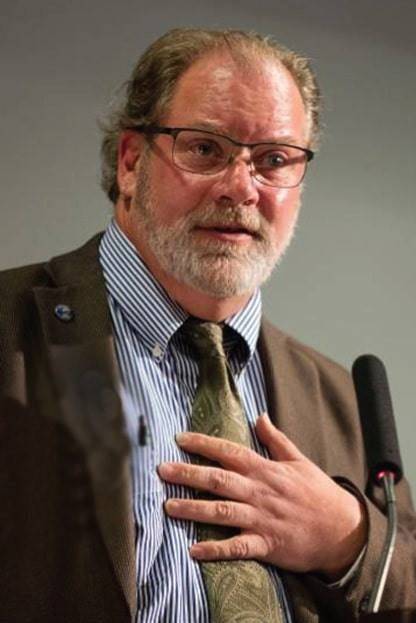
ENS 201 Introduction to Environmental and Sustainability Studies
Kelly Parker
Professor
Environmental Studies
B-3-200 MAK
[email protected]
(616) 331-3257
Course description
ENS 201 is an interdisciplinary exploration of the multiple ways by which human society influences, and is influenced by, its natural environment. Economic, political, and socio-cultural dimensions of environmental studies are presented through an interdisciplinary approach. Principles of sustainability are examined. Prerequisite: Sophomore standing. 3 credits.
Water connections it will explore
1. A course module on interdisciplinary perspectives on water resources issues.
2. Students will collaborate on a project exploring the viability of a Grand River Float event to take place in September.
Term or terms course will be offered
Spring 2019
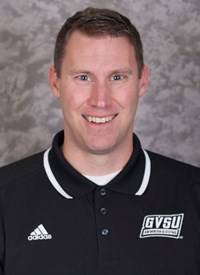
FIT 150: Swimming: Strokes and Drills
Andy Boyce
Adjunct Professor
Movement Science Department
189 Field House
[email protected]
(616) 331-2912
Course description
This course is designed for beginning swimmers. Instruction will be given to
develop techniques and knowledge for basic stroke competency. Water safety
will also be taught. Students will engage in drills that will help to strengthen
stroke proficiency.
Water connections it will explore
Michigan is a state where recreation in water is available in the many inland lakes as well as in and around the Great Lakes and rivers. Water safety skills and knowledge along with the ability to swim help to open door of water sports and leisure choices for a healthy lifestyle and wellness in and around water. This is a great way to make your own personal waves!
Term or terms course will be offered
Fall 2019, Winter 2020
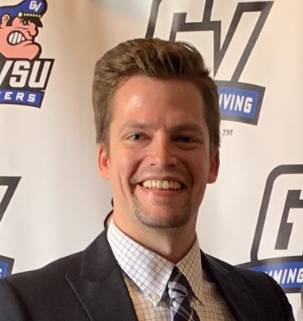
FIT 150: Swimming Strokes and Drills
Eric Murray
Adjunct Professor
Movement Science Department
Pool Field House
[email protected]
(616) 331-3394
Course description
This course is designed for beginning swimmers. Instruction will be given to develop techniques and knowledge for basic stroke competency. Water safety will also be taught. Students will engage in drills that will help to strengthen stroke proficiency.
Water connections it will explore
Michigan is a state where recreation in water is available in the many inland lakes as well as our in and around the Great Lakes and rivers. Water safety skills and knowledge along with the ability to swim help to open door of water sports and leisure choices for a healthy lifestyle and wellness in and around water.
Term or terms course will be offered
Fall 2019, Winter 2020

FIT 151: Fitness Swimming
Eric Murray
Adjunct Professor
Movement Science Department
Pool Field House
[email protected]
(616) 331-3394
Course description
This course is designed for the intermediate and advanced swimmer with an emphasis on fitness swimming. Students will develop techniques for complex stroke competency in the competitive swim strokes and use these skills toward fitness applications.
Water connections it will explore
Swimming is a large part of the recreation in water for safety and enjoyment. Fitness swimming will connect using swimming skills to increase personal fitness and wellness. This can be done in the many lakes and rivers. Connections will be made to locations in the community and opportunities to pursue swimming as a fitness pursuit across a lifespan, whether it is a part of a triathlon or other recreational focus.
Term or terms course will be offered
Fall 2019, Winter 2020

FIT 151: Fitness Swimming
Andy Boyce
Adjunct Professor
Movement Science Department
189 Field House
[email protected]
(616) 331-2912
Course description
This course is designed for the intermediate and advanced swimmer with an emphasis on fitness swimming. Students will develop techniques for complex stroke competency in the competitive swim strokes and use these skills toward fitness applications.
Water connections it will explore
Swimming is a large part of the recreation in water for safety and enjoyment. Fitness swimming will connect using swimming skills to increase personal fitness and wellness. This can be done in the many lakes and rivers. Connections will be made to locations in the community and opportunities to pursue swimming as a fitness pursuit across a lifespan, whether it is a part of a triathlon or other recreational focus.
Term or terms course will be offered
Fall 2019, Winter 2020
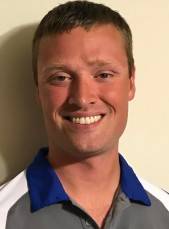
FIT 152: Rowing
Dan Martin
Adjunct Professor
Movement Science Department
D149 Recreation Center
[email protected]
(616) 331-9412
Course description
This course focuses on instruction on basic knowledge and skills of rowing. Students will learn skills, safety, strategies, rules, and equipment maintenance. The first day of class is held at the GVSU Rowing Training Center. The remaining classes are all held at the GVSU Boathouse down on the Grand River.
Water connections it will explore
Rowing is a place to make very little waves and work together with others to enjoy the many recreational pursuits in our community. This course connects students to the novice skills needed to join a local rowing club or even Grand Valley's own "Laker Navy". Recreation on the water can lead to a lifetime of enjoying the water and living a healthy lifestyle.
Term or terms course will be offered
Fall 2019
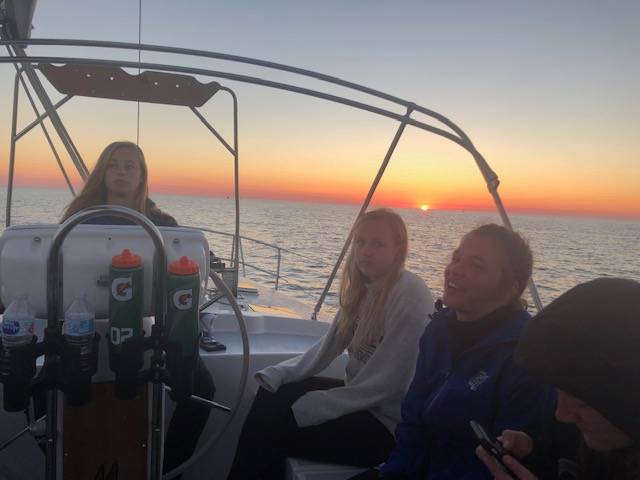
FIT 153 Sailing- Large Boat
Cynthia Nicholson
Adjunct Professor
Movement Science Department
153 Field House
[email protected]
(616) 331-3515
Course description
This course focuses on skills, safety, tactics, equipment maintenance, and rules for sailing a large boat. The first two classes are held on campus. Remaining class time is held on the water. On the water instruction will be scheduled during the lecture days.
Water connections it will explore
Sailing a large boat is a connection to the many large inland lakes and the great lakes by which we live. The connection to water is for recreation and to opportunities to learn about the sailing community and gain skills and knowledge for a lifetime of on the water enjoyment.
Term or terms course will be offered
Spring 2019, Fall 2019
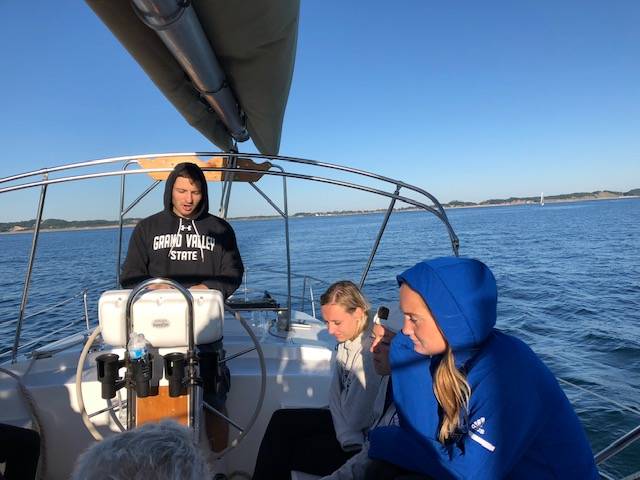
FIT 153 Sailing - Large Boat
Jarrad Pitts
Adjunct Professor
Movement Science Department
153 Field House
[email protected]
(616) 331-3515
Course description
This course focuses on skills, safety, tactics, equipment maintenance, and rules for sailing a large boat. The first two classes are held on campus. Remaining class time is held on the water. On the water instruction will be scheduled during the lecture days.
Water connections it will explore
Sailing a large boat is a connection to the many large inland lakes and the great lakes by which we live. The connection to water is for recreation and to opportunities to learn about the sailing community and gain skills and knowledge for a lifetime of on the water enjoyment.
Term or terms course will be offered
Spring 2019, Fall 2019
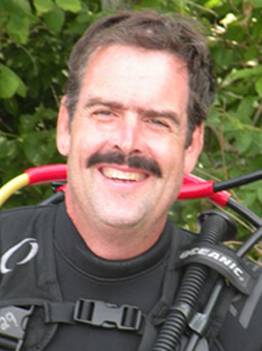
FIT 158 Scuba - Open Water
Tim Green
Instructor
Movement Science Department
Movement Science Department office
[email protected]
517-404-1214
Course description
Our course teaches safe diving practices, and certifies new divers to participate in the ocean environment. We learn how to take care of and protect the waterways that we love to explore.
Water connections it will explore
Being a SCUBA diver is all about being in and around the water.
Term or terms course will be offered
Fall 2019, Winter 2020
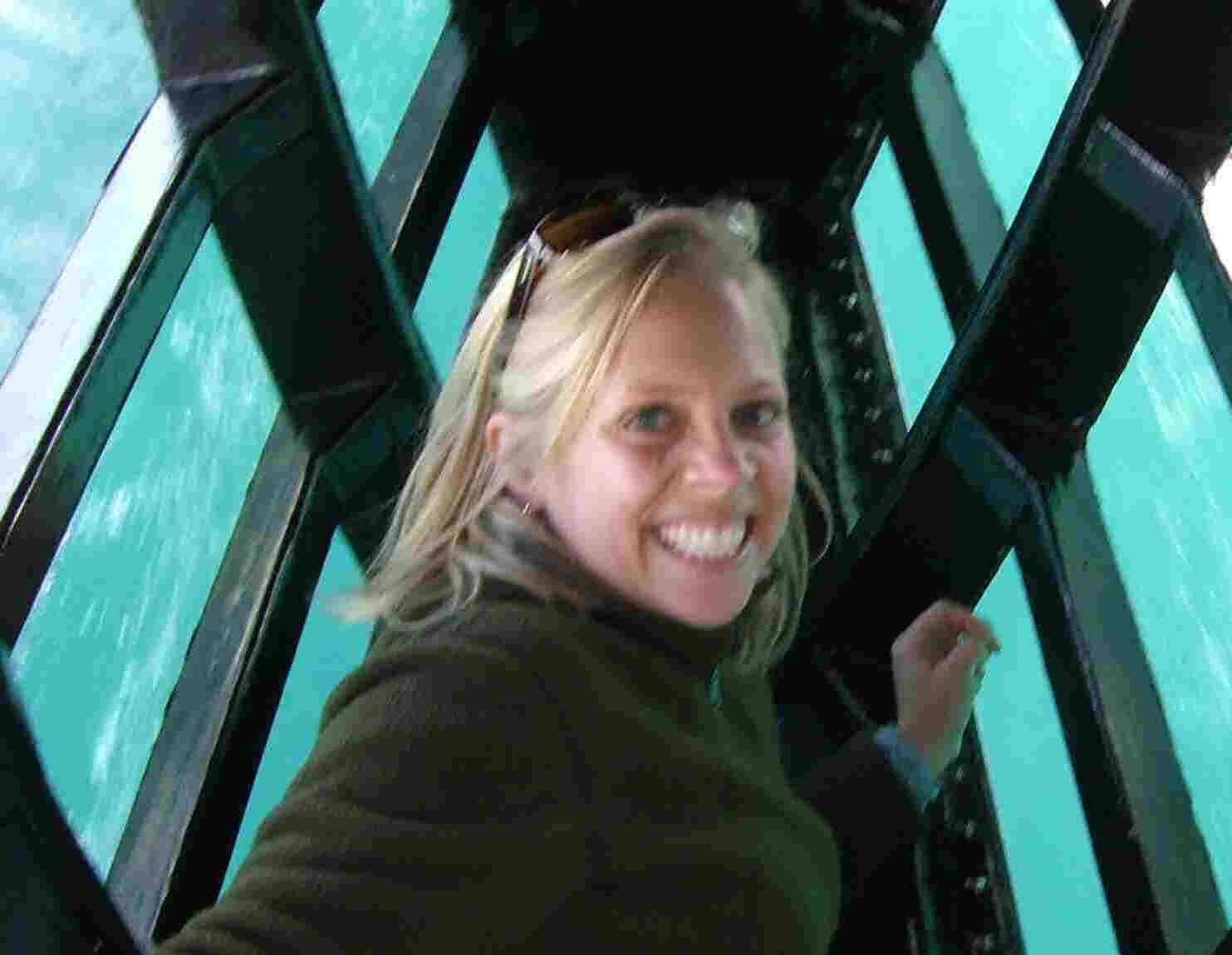
GEO 105 Living with the Great Lakes
Tara Kneeshaw
Assistant Professor
Geology Department
Padnos 135
[email protected]
(616) 331-8996
Course description
Introduction to earth science using the Great Lakes as a theme and Lake Michigan as a natural laboratory. Review of the lakes' geologic setting, origin, and history; climatology and lake levels; physical processes including erosion; water chemistry as a function of geology; human interactions with the lakes. Lectures and field trips. Fulfills Foundations - Physical Sciences. (3-0-0)
Water connections it will explore
This course explores not only the science behind the lakes but how the lakes have shaped and continue to shape the the lives of people, regionally and beyond.
Term or terms course will be offered
Summer 2019, Fall 2019
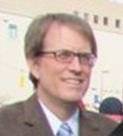
GEO 220 Earth Surface Systems and Materials
Patrick Colgan
Professor
Geology Department
Padnos 132
[email protected]
(616) 331-3201
Course description
A comprehensive analysis of biogeochemical, pedological, hydrologic and geological systems that produce, maintain, and change the Earth's surface. Lecture, lab and fieldwork.
Water connections it will explore
The central theme of the course is water. We examine water chemistry in both the oceans, lakes, streams, and groundwater. We cover the importance of water to weathering and soil formation, and the challenges posed by water resource and quality issues today.
Term or terms course will be offered
Fall 2019, Winter 2020
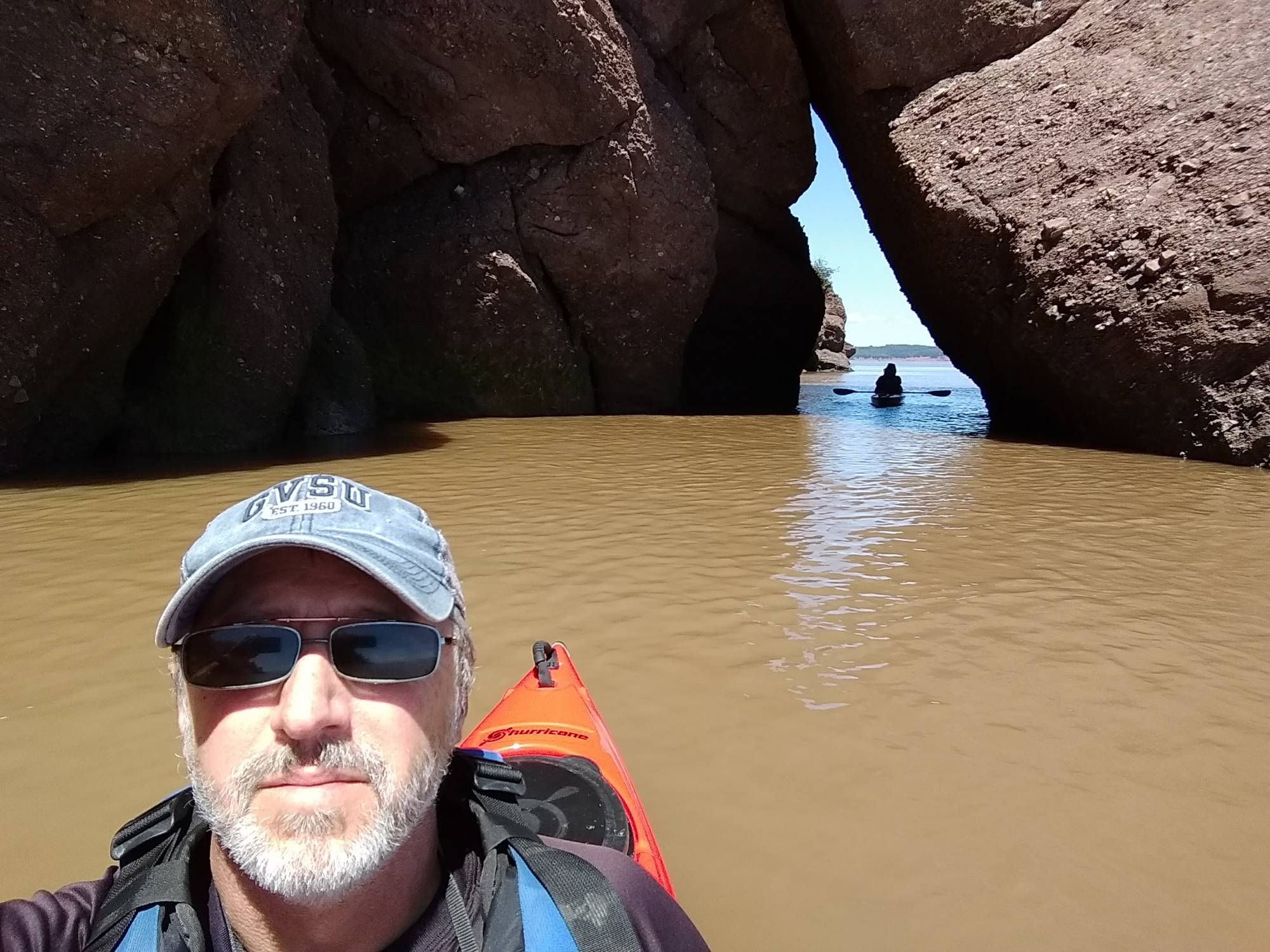
GEO 320 Geomorphology
Peter Wampler
Professor
Geology Department
PAD 218a
[email protected]
(616) 331-2834
Course description
The patterns and genesis of landforms with emphasis on fluvial processes, climatic factors, and environmental implications. Independent study project or research paper required.
Water connections it will explore
Water, in its many forms, is responsible for many of the changes we see in the surface of the earth. These changes are sometimes abrupt and dangerous like floods and landslides, while others are slow steady processes of change. This course explores the many ways that water shapes landscapes in the form of rivers, glaciers, weathering, and erosion.
Term or terms course will be offered
Fall 2019

GEO 440 Geohydrology
Tara Kneeshaw
Assistant Professor
Geology Department
Padnos 135
[email protected]
(616) 331-8996
Course description
A study of the geologic principles that govern the occurrence, movement, and quality of groundwater. Lectures, laboratory, and field trip. (3-0-0) Prerequisite: GEO 220.
Water connections it will explore
In learning the science behind factors that effect groundwater this course will also explore groundwater as a vital resource for mankind. Issue of quantity and quality of water will be emphasized.
Term or terms course will be offered
Fall 2019 (all fall semesters of odd-numbered years)
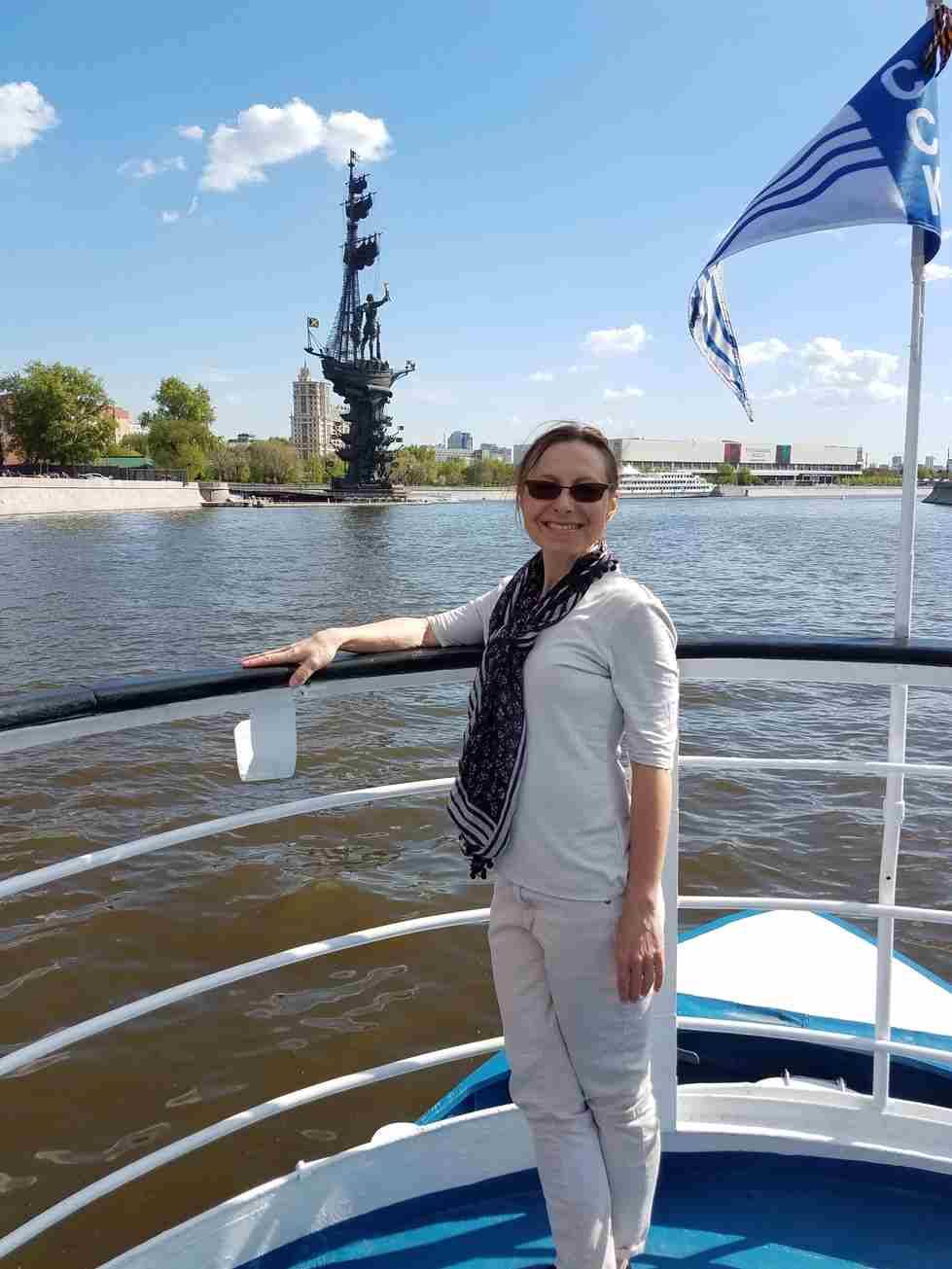
GPY 100 Physical and Environmental Geography
Elena Lioubimtseva
Professor
Geography and Sustainable Planning Department
Mackinac Hall B4-202
[email protected]
(616) 331-2874
Course description
GPY100 explores the spatial patterns of weather and climate, landforms, vegetation, soils, and water resources, and their changes, interactions, and impacts on human life and society. Designed to increase awareness of the physical environment, geographic patterns of human environmental interactions, and the interrelationships of natural phenomena.
Water connections it will explore
Hydrosphere, water resources, and aquatic ecosystems are an important integral part of this course. GPY 100 is an exploration of environmental systems including atmosphere, hydrosphere, biosphere, and lithosphere. Water is a part of each of them and connects them all through the hydrological cycle. Every unit in GPY100 addresses various aspects of water, e.g. precipitation, clouds, watersheds, rivers and streams, oceans, ice caps, aquatic and terrestrial flora and fauna, water use, water pollution, etc. Other closely related topics covered in this course include climate change, sea-level rise, deforestation, and soils degradation and management.
Term or terms course will be offered
GPY 100 is offered every semester: Fall, Winter and Spring/Summer.

GPY 101 Sustainability and Place (1 credit)
Elena Lioubimtseva
Professor
Geography and Sustainable Planning Department
Mackinac Hall B4-202
[email protected]
(616) 331-2874
Course description
The concept of sustainability holds that the social, economic, and environmental factors within human communities must be viewed in the context of their geographic locations. Strategies and decisions for sustainable development require understanding of the spatial patterns of human-environmental interactions, scale, and place. GPY 101 provides important place-based perspectives on sustainability.
Using case-studies approach, GPY101 guides students through examination of relationships between energy, water, food, and built environments. Participants analyze the role of physical geography, culture, and political and economic systems as the key factors of sustainable sustainability.
Water connections it will explore
GPY101 examines the nexus for human uses of water, energy, food, and shelter. Designed as a global tour of sustainability this class examines case-studies from all parts of the world, showcasing already achieved sustainable practices and solutions in energy sector, water resources management, food and agriculture, and sustainable urban planning. Examples of case studies include "circular water-supply system based on advanced water purification in El Paso, TX", "Bancock Ranch, FL - America's first 100% solar city", "Samso, Denmark - World's first island 100% powered by renewable energy".
Water, energy, and food sustainability and security are the core concepts of GPY101.
Term or terms course will be offered
Fall 2019, Winter 2020
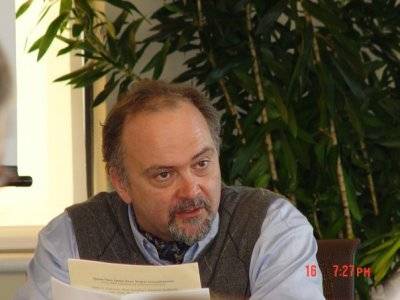
GPY 312 Urban and Regional Environmental Planning
Jeroen Wagendorp
Associate Professor
Geography and Sustainable Planning Department
B-4-201 Mackinac Hall
[email protected]
(616) 331-8672
Course description
An introduction to the urban planning strategies that help towns and cities to preserve, restore, and even capitalize on their natural resources. This course investigates threats to clean air, water, and healthy ecosystems in our communities and examines solutions in the form of governmental policies, green designs, and urban inventiveness. Offered fall semesters
Describe the water connections it will explore
The sustainable planning of any human land use developments at any scale, and any concentration, centers around all aspects of water: surface and groundwater, engineered water, drinking water, waste water, etc.
Term or terms course will be offered
Fall 2019, Fall 2020
[1603423731].jpg)
GPY 345 THE GEOGRAPHY AND LAND USE MANAGEMENT OF MICHIGAN AND THE GREAT LAKES AREA
Jeroen Wagendorp
Associate Professor
Geography and Sustainable Planning Department
B-4-201 Mackinac Hall
[email protected]
(616) 331-8672
Course description
A survey of Michigan's physical resources such as, climate, soils, hydrology and flora as related to land use and land use management, exemplified in settlement patterns, demography, economic development, infrastructures, industrialization, urbanization and jurisdictional structures.
Water connections it will explore
Michigan's hydrologic aspects are approached from both a quantitative and a qualitative viewpoint. Michigan settlement is connected to the pre-industrial role and location of the water. Michigan settlement is connected to the climatological-geomorphological synergistic role of water in both peninsulas as related to the agricultural potential for Michigan.
Michigan's post-industrial land use and water management are also approached from an environmental/public health perspective. The fundamental roles of water are integrated into the economic aspects of the primary, secondary and tertiary sectors of the State of Michigan.
Term or terms course will be offered
Summer 2020

GPY 356 - The Geography, Culture and Land Use Management of Europe
Jeroen Wagendorp
Associate Professor
Geography and Sustainable Planning Department
B-4-201 Mackinac Hall
[email protected]
(616) 331-8672
Course description
A survey of Europe's distribution and regional interactions of physical and human resources such as climate, soils, hydrology, and coastal geomorphology, along with cultural elements such as settlement patterns, language, ideology, economic development, infrastructure evolution, industrialization, urbanization, human capital, and jurisdictional developments and the associated land use management approaches. Fulfills Cultures - Global Perspectives. Offered winter semester.
Water connections it will explore
The role of the maritime climate (Cfb) and the North Atlantic warm Gulfstream are integrated with the coastal geomorphologies and the role of navigable east-west and north-south rivers. Pre-industrial urban political geographies (Hanseatic league) are connected to the role of water.
Contemporary water quality and water quantity issues are examined from an environmental, public health, infrastructure, transportation, and recreation perspectives.
Term or terms course will be offered
Winter 2020
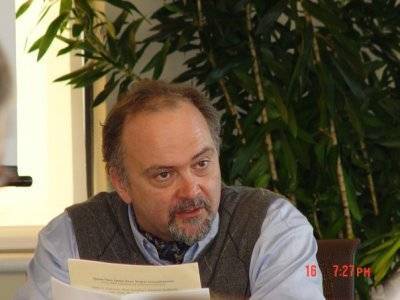
GPY 381, GPY 496, ENS 380, PA 380, SOC 380 CULTURAL GEOGRAPHIES AND SUSTAINABLE LANDSCAPE PLANNING IN THE NETHERLANDS
Jeroen Wagendorp
Associate Professor
Geography and Sustainable Planning Department
B-4-201 Mackinac Hall
[email protected]
(616) 331-8672
This course is an elective within the geography and sustainable planning major and sustainable regional and urban planning minor and is a "380" cross-listing with Public Administration, Sociology and Environmental Studies. It also is an International Relations IR elective and with permission an NRM elective.
Course description
" Participate in daily field trips, during which you will conduct on-site investigations and meet with local urban planners, land use resource managers, and academics.
" Field trip destinations include Amsterdam, the Dutch Barrier Islands, Rotterdam Harbor, University of Groningen and many more.
" Explore the evolution of Dutch urban and regional land use and the recently created new agricultural and urban lands such as the City of Almere.
Water connections it will explore
This course is conducted in the Rhine and Meuse river delta of the Netherlands. All aspect of urban, agricultural, recreational, transportation-land use, be it below or above sea level, are limited, constrained or amplified by water. Sustainable planning in this context becomes critical.
Term or terms course will be offered
Summer 2020

GPY 410: Landscape Analysis and Green Infrastructure
Elena Lioubimtseva
Professor
Geography and Sustainable Planning Department
Mackinac Hall B-4-202
[email protected]
(616) 331-2874
Course description
GPY 410 examines applications of landscape ecology concepts in land-use, urban, and regional planning. Attention is given to complex system analysis, sustainability, and integration of physical, biological, and cultural elements in landscape systems. Applications of sustainable landscape design, and resiliency planning through integration of green and blue infrastructure are examined through lectures and case studies.
Water connections it will explore
GPY 410 examines the role of green (vegetation) and blue (water) infrastructure in sustainable planning. Examples of green & blue infrastructure include rain gardens, bioswells, canals, ponds, green belts, etc. They provide important ecological services and functions, such as air and water purification, storm water management, reduction of noise, habitat for native species, recreation, spiritual, educational, and recreational value, and many others. In the context of climate change and sea-level rise, green & blue infrastructure provides the safest and most effective mitigation and adaptation solutions (as opposed to "gray" infrastructure), especially in coastal zones.
Term or terms course will be offered
Fall 2019

GPY/ENS 412: Global Climate and Environmental Change
Elena Lioubimtseva
Professor
Geography and Sustainable Planning Department
Mackinac Hall B-4-202
[email protected]
(616) 331-2874
Course description
GPY/ENS 412 is about the changes of the global environment caused by anthropogenic climate change. Topics include climatic variability and change in the past, present and future, climate modeling, interactions between land-use and atmosphere and human vulnerability and adaptations to global environmental change. Integrated modeling techniques used to simulate global environmental change and their effects are examined and demonstrated with examples.
Students in GPY/ENS 412 examine impacts of climate change on atmospheric circulation and precipitation patterns, water resources, ecosystems, sea-level rise and coastal development, agriculture and food security, weather extremes, as well as human health and wellbeing.
Water connections it will explore
Hydrological cycle, precipitation, and global water resources are the core concepts of GPY/ENS 412. More specifically, this course examines atmosphere and ocean interactions (e.g. heat and water exchange), carbon cycle (including the ocean, which is by far the largest carbon sink on our planet), changes on the ocean conveyor belt (global system of ocean currents driven by the gradients of temperature and salinity), and positive feedbacks between the atmosphere, ocean and cryosphere (glaciers and ice caps). Students use modeling and visualization tools to analyze climate data and develop global and regional climate change scenarios and evaluate human vulnerability.
Term or terms course will be offered
Winter 2020
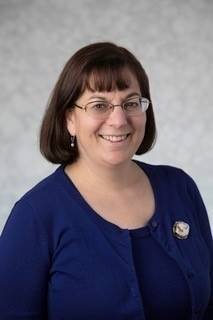
HSC 201: The Scientific Revolution
Course description
For some historians, the scientific innovations that emerged between 1450 and 1800, taken together, constitute a Scientific Revolution because they transformed the way the western world thinks about nature, humankind, and the role (or existence) of a higher power. Others disagree. Over the course of the semester, we will explore the question of how the scientists of the early modern era understood the scientific enterprise and how their worked shaped modern scientific practices.
Water connections it will explore
The course explores the emergence of the modern scientific methods. Topics include the understanding of elements and humors, the building of aqueducts and infrastructure, the relationship between the environment and health, and the emergence of analytical chemistry. Students also examine the impact of navigation technology and overseas exploration on the world of science.
Term or terms course will be offered
Fall 2019, Fall 2020, Winter 2021
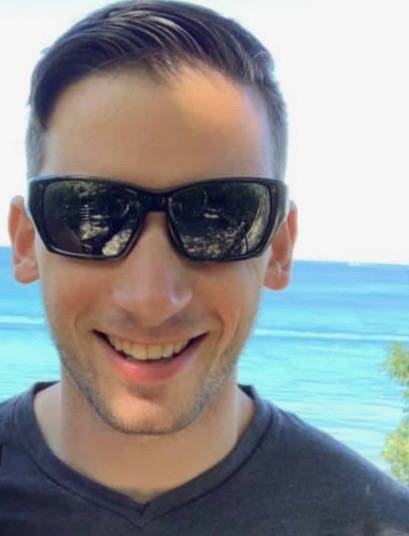
HST 101: Introduction to World Civilizations
Nathan Kapoor
Visiting Professor
History Department
MAK D-1-226
[email protected]
423-202-1279
HST 101: Introduction to World Civilizations
Course description
Designed to develop historical ways of thinking, effective written communication, and information literacy skills, this course compares selected African, American, Asian, and European civilizations from ancient times to the present, exploring the variety of activities that divide and unite humans across culture, time, and space. This class will also take a game-based approach, based on written and oral analyses of primary sources, to explore key historical moments in world history. Fulfills Foundations�Historical Perspectives
Water connections it will explore
We will explore water technologies from the ancient period to the modern day paying particular attention to dams and their uses around the world. Water technologies allows us to connect peoples and cultures from usually disparate times and places.
Term or terms course will be offered
Fall 2019 and Winter 2020

HST 370: History of Medicine and Health
Carolyn Shapiro-Shapin
Professor
History Department
MAK D-1-220
(616) 331-3445
HST 370: History of Medicine and Health
Course description
Disease is a fundamental part of the human experience. So too are the desires to heal the ailing, understand the source of a malady, and protect society from illness. The specifics of environment, disease classification, healing practices and medical systems, however, vary greatly with time and place. This course offers an interdisciplinary exploration of the diverse ways that western societies from the ancient world to the modern era have defined health and disease, provided health care, managed the environment, and sought to prevent illness.
Water connections it will explore
This course examines the relationship between health and the environment from ancient times to the present. Topics include the recognition of the importance of clean water to good health, the dangers of polluted/contaminated water , and efforts to provide people with potable water.
Term or terms course will be offered
Fall 2019, Fall 2020, Winter 2021
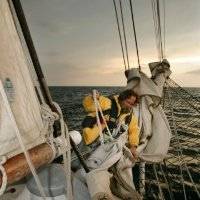
HTM 368 Geo-Tourism
Mark Gleason, PhD
Assistant Professor
Hospitality & Tourism Management Department
284C Devos Center
[email protected]
(616) 331-8828
HTM 368 Geo-Tourism
Course description
The study of Geo-Tourism refers to tourism that sustains or enhances the geographic character of a place. Topics include: community development, land use and planning, conservation of resources, tourist satisfaction and marketing, with the purpose of sustaining or enhancing the environment, culture, aesthetics, heritage, and the well-being of a place�s residents.
This course will have three emphasis areas of study. As a class we will review and decide on: ONE, the sustainability of Adult Tourism, TWO, the ethics of using people and animals by Tourism, and THREE the impacts of climate change on Tourism.
Water connections it will explore
One third of the semester is spent on the impacts of Climate Change on tourism. Many of those impacts involve water resources and how they will change tourism activities and locations.
Term or terms course will be offered
This Gen Ed class is instructed both Fall and Winter semesters as well as on the study abroad course in Costa Rica every Spring.
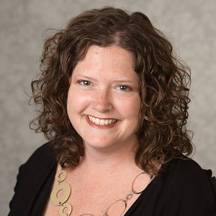
IDS 180 Great Lakes Death and Life
Maureen Wolverton
Affiliate Professor
Integrative, Religious and Intercultural Studies (IRIS)
239 LOH
[email protected]
(616) 331-8559
IDS 180 Great Lakes Death and Life
Course description
The Great Lakes hold 20 percent of the world�s supply of surface fresh water and provides sustenance, work, and recreation for tens of millions of Americans. But they are under threat as never before, and their problems are spreading across the continent. This class will engage Dan Egan�s The Death and Life of the Great Lakes to examine the perils that the Great Lakes face and learn ways to restore and preserve them for generations to come. This class will �tap� into GVSU faculty, guest speakers, and learning opportunities organized around the Provost�s initiative, Laker Effect: Making Waves about Water.
Water connections it will explore
This course explores many topics related to the many challenges facing the Great Lakes from invasive species to modern farming practices. Egan's approach as a journalist helps us better understand the people behind policy decisions that greatly impact the Great Lakes. He provides the reader with an interdisciplinary perspective on complex problems and allows readers to come to their own conclusions about solutions.
Term or terms your course will be offered
Winter 2020

IDS 180 (03) - Making Waves About Water
Maureen Wolverton
Affiliate Professor
Integrative, Religious and Intercultural Studies (IRIS)
239 LOH
[email protected]
(616) 331-8559
Course description
The Great Lakes hold 20 percent of the worldýs supply of surface fresh water and provides sustenance, work, and recreation for tens of millions of Americans. But they are under threat as never before, and their problems are spreading across the continent. This class will engage Dan Eganýs The Death and Life of the Great Lakes to examine the perils that the Great Lakes face and learn ways to restore and preserve them for generations to come. This class will ýtapý into GVSU faculty, guest speakers, and learning opportunities organized around the Provostýs initiative, Laker Effect: Making Waves about Water.
Water connections it will explore
This course explores the historical and ecological story of the Great Lakes, taking a close look at past and current threats to its well-being.
Term course will be offered
Fall 2019

IDS 350 Civil Discourse - Great Lakes Water: Global wonder. Global Warming. Civil conversations on climate change.
Elizabeth Arnold
Associate Professor
Anthropology
LMH 225
[email protected]
(616) 331-8936
Course description
IDS 350 familiarizes students with communication tools of civil discourse. Students analyze the role of discourse in solving social problems and learn dialogic strategies for constructively engaging with diverse perspectives. Using the civil discourse skills of reasoning and respect, students collaborate with people of divergent views. Here in MI and globally, there are divergent views on climate change. This semester, we will specifically focus on the topic of water within the context of climate change.
Water connections it will explore
Water connections within the Great Lakes region and globally.
Term or terms course will be offered
Fall 2019 and Fall 2020
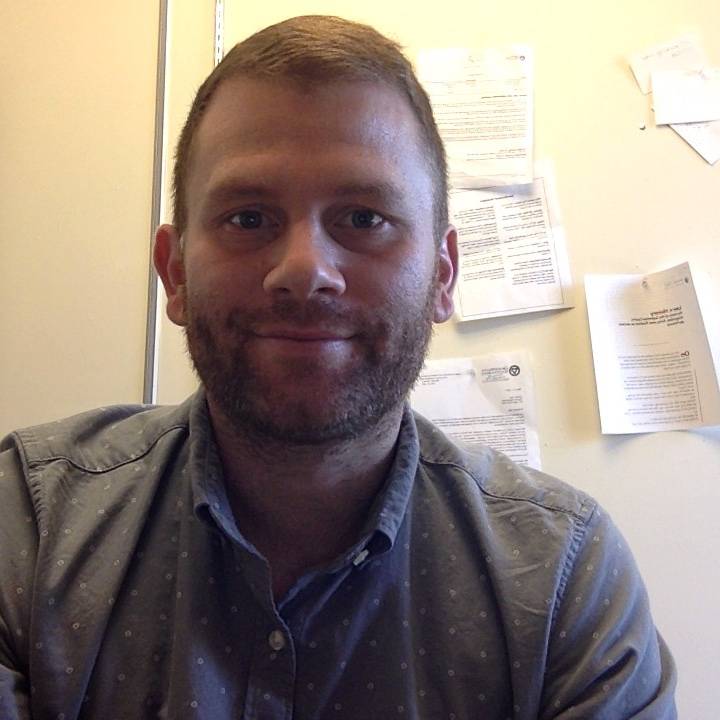
LAT 352: Roman Poetry
Charles Ham
Assistant Professor
Classics Department
267 Lake Huron Hall
[email protected]
(616) 331-5057
Course description
Readings in Latin from Virgil's Georgics (a didactic poem on agriculture), with consideration of the poem's literary and cultural contexts.
Water connections it will explore
This course explores water as material element and metaphor in the agro-poetic cosmos of Virgil's Georgics.
Term or terms course will be offered
Fall 2019

NRM 451: Natural Resource Policy
Erik Nordman
Associate Professor
Biology Department
2200l Kindschi Hall of Science
[email protected]
(616) 331-8705
Course description
Study of how natural resource policy is developed and implemented in the United States. Focuses on public policies toward renewable resources such as forests, biodiversity, land, recreation, and water. Includes foundations of the American legal system, choice of policy instruments, and basic methods of policy analysis. Part of the Sustainability Issue.
Water connections it will explore
This course covers various policies related to water as a natural resource. These include the Clean Water Act, the Great Lakes Compact, and how water rights are allocated in eastern and western states. Students also learn about different types of water policies, from "command and control" technology standards to water markets.
Term or terms course will be offered
Fall 2019 and Winter 2020
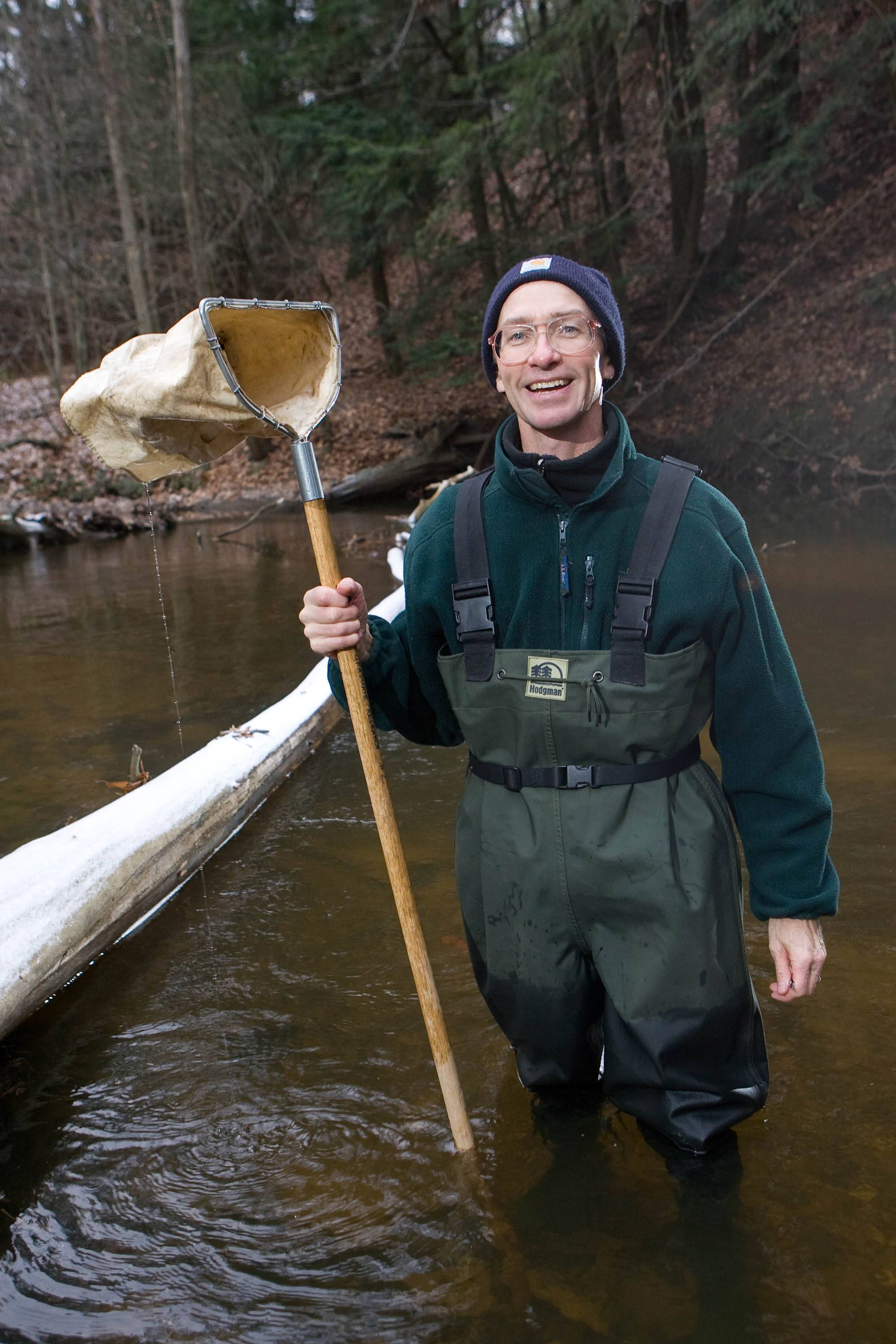
NRM 452: Watershed and Wetland Management
Neil MacDonald
Professor
Biology Department
2290o KHS
[email protected]
(616) 331-2697
Course description
Theory and application of urban, rural, and wildland hydrology, including the protection, restoration, and management of watersheds and wetlands to improve water quality, stabilize stream flows, and conserve stream and wetland biota.
Water connections it will explore
Students will gain experience in water quality monitoring and assessment in a variety of local streams and wetlands. In addition, students will develop a detailed watershed management plan for a small local watershed intended to guide improvements in water quality and hydrologic response.
Term or terms course will be offered
Fall 2019 only.

NRM/WAT 576: Aquatic Ecosystem Management
Eric Snyder
Professor
Biology Department
3390e KHS
[email protected]
(616) 331-2417
Course description
Wise management of aquatic ecosystems is a pressing need with societal demands on freshwater increasing. This class allows for hands-on experience developing and implementing a management plan in a local setting by linking an understanding of aquatic ecosystem structure and function with management, restoration, and protection.
Water connections it will explore
A graduate-level course focused on case studies where management of aquatic systems has been done well, and not-so well. Student's develop semester-long adaptive management plans in ecosystems of their choosing.
Term or terms course will be offered
Winter 2020

PH 520: Environmental and Occupational Health
Azizur R. Molla, PhD, MPH
Associate Professor, Public Health
Chair, Global Health Taskforce
College of Health Professions
Grand Valley State University
203N RFH, 500 Lafayette NE
Grand Rapids, MI 49503
(616) 331-8934
[email protected]
(616) 331-8934
PH 520: Environmental and Occupational Health
Course description
Presents basic concepts of environmental health and occupational health. Students will explore the biological, chemical, and physical factors from the environment (community and occupational) that impact the health of the public at a global and local level. Topics covered include air and water quality and industrial hygiene. Course offered winter semester.
Water connections it will explore
Visit a community level environmental space Like Michigan; identify and describe environmental agents that are polluting lake water. Discuss the environmental health concerns of polluted lake water. Recommend strategies to address the problem using Logic model.
Specific tasks:
1. Each group to pick a specific portion of MI lake;
2. Decide what exactly you want to observe & where
3. Decide different time slot that each of you can collect more observational data from your selected place(s).
4. List and describe environmental/occupational factors that each of you think may cause health threats/disease in your selected areas.
5. Identify what environmental agents in that area polluting lake water;..
Term or terms course will be offered
Winter 2020; Winter 2021, Winter 2022 etc.
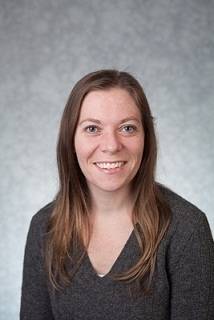
PLS/ENS 303: Introduction to Environmental Policy
Laura Schneider
Associate Professor
Political Science Department
ASH 1124
[email protected]
(616) 331-8988
PLS/ENS 303: Introduction to Environmental Policy
Course description
This course examines the decision-making processes to cope with modern environmental problems. The course focuses on both domestic and international environmental issues with special attention to interests, ideas, and institutions. After starting with an introduction to the current state of our environment, the public policy process, and the bureaucracy we will spend the remainder of the course covering major environmental and policy concerns such as, air, water, toxic pollution, and energy. Cross-listed with ENS 303. Part of the Sustainability Issue. Offered fall and winter semesters. Prerequisite: Junior standing.
Water connections it will explore
Students learn about Clean Water Act and Safe Drinking Water Act by understanding why the policies were created and how they has changed over time. We also talk extensively about water as a sustainability issue and how we are pushing the "planetary boundary" on fresh water resources as a result of our globally unsustainable practices. Last, we discuss water as it relates to agricultural practices.
Term or terms course will be offered
Fall 2019; Winter 2020; Fall 2020; Winter 2021
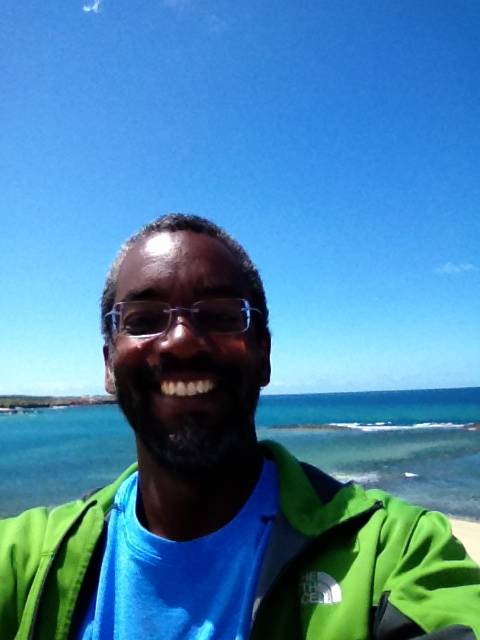
PSY 349 Psychology Applied to Media
Eaaron Henderson-King
Associate Professor
Psychology Department
2206 ASH
[email protected]
(616) 331-2938
Course description
The course examines the psychology behind the relationship between the individual and the media. We explore whether and how the media influences people's perceptions of themselves, others, and the world in which they live. Yet, the relationship between the media and its audience is by no means unidirectional, the audience has a profound effect on the media. Consequently, we will also discuss how people influence what is presented in the media.
Water connections it will explore
One aspect of the course will be a project examining how the media reported on one fallout of the Flint water crisis: the reliance on bottled water. Students will examine how the reporting, or lack thereof, influenced people's awareness of, and concerns regarding, the use and disposal of non-reusable water bottles.
Term or terms course will be offered
Fall 2019 and Fall 2020

PSY 362 Environmental Psychology
Eaaron Henderson-King
Associate Professor
Psychology Department
2206 ASH
[email protected]
(616) 331-2938
Course description
Environmental psychology is the study of how humans affect and are affected by, the environment they inhabit. It examines human behavior, well-being, perceptions and attitudes and how each of these is influenced by the socio-physical environment. Environmental psychologists look at how the natural environment, homes, offices, educational settings, neighborhoods and communities, and technology shape, and are shaped by, those in the environment.
In this course, we will ask, and address, questions such as: What factors lead us to like, or dislike, the places in which we live? What are the effects of overcrowding, pollution, and noise on our psychological well-being?
Water connections it will explore
Students will conduct an action project which involves the reduction of plastic in waterways and the larger environment. Some groups will focus on legislative advocacy -- using the literature on attitudes and persuasion to craft an effective message for legislators, other groups will develop a media campaign around public awareness of plastic in our waterways.
Term or terms course will be offered
Winter 2020

SOC 288: Sociology of Food
Jennifer Stewart
Associate Professor
Sociology
2172 B ASH
[email protected]
(616) 331-2168
SOC 288: Sociology of Food
Course description
Considers the way in which values and ideas are socially constructed, with specific focus on the relationship between food and society. A comparative, cross-cultural analysis that examines food production, distribution, preparation, and consumption. Includes nutrition, social eating disorders, religious prescriptions and proscriptions, food and poverty, fast food, and world hunger.
Water connections it will explore
Explores the connections between industrial agriculture and water usage, the trend toward the privatization of water resources, and the connection between water health/pollution and food resources.
Term or terms course will be offered
Fall 2019, Winter 2020
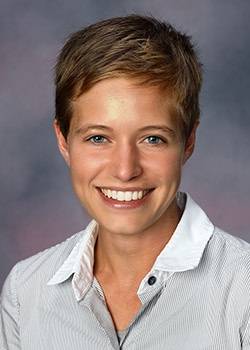
SOC 380: Social Forces and Environmental Impact
Amanda Buday
Assistant Professor
Sociology
ASH 2157
[email protected]
(616) 331-3137
SOC 380: Social Forces and Environmental Impact
Course description
This course will explore the complex relationship between human societies and their natural environments. Students will study causes and consequences of contemporary environmental problems in addition to responses and adaptations to ecosystem challenges. Using a sociological lens, the course will emphasize how social location shapes individual environmental behaviors, policy preferences, and exposure to environmental risk. Additionally, students will evaluate varying approaches to community development and sustainable management of natural resources.
Water connections it will explore
Water is integral to environmental, economic, and social systems examined in this course. The class will explore water as a critical and contested natural resource in the food-water-energy nexus.
Term or terms course will be offered
Winter 2020

THE 400: Touring Theatre Production
Scott Harman
Adjunct Professor
Department of Music, Theatre, and Dance
2761 F HPAC
231-360-9634
THE 400: Touring Theatre Production
Course description
This production, entitled "Tossing on the Ocean," is the GVSU Shakespeare Festival's annual "Bard to Go" offering. Students will work on acting and production skills with Shakespeare's text and will perform both on campus and off. Several performances will be at local schools.
Water connections it will explore
Our script is a cutting and weaving of various scenes from the plays of William Shakespeare that involve water: from sea travel to wondrous places to the dangers of storms to the wonder of things that wash ashore, Shakespeare brought many of his stories back to the water that sustains us.
Term or terms course will be offered
Fall 2019

